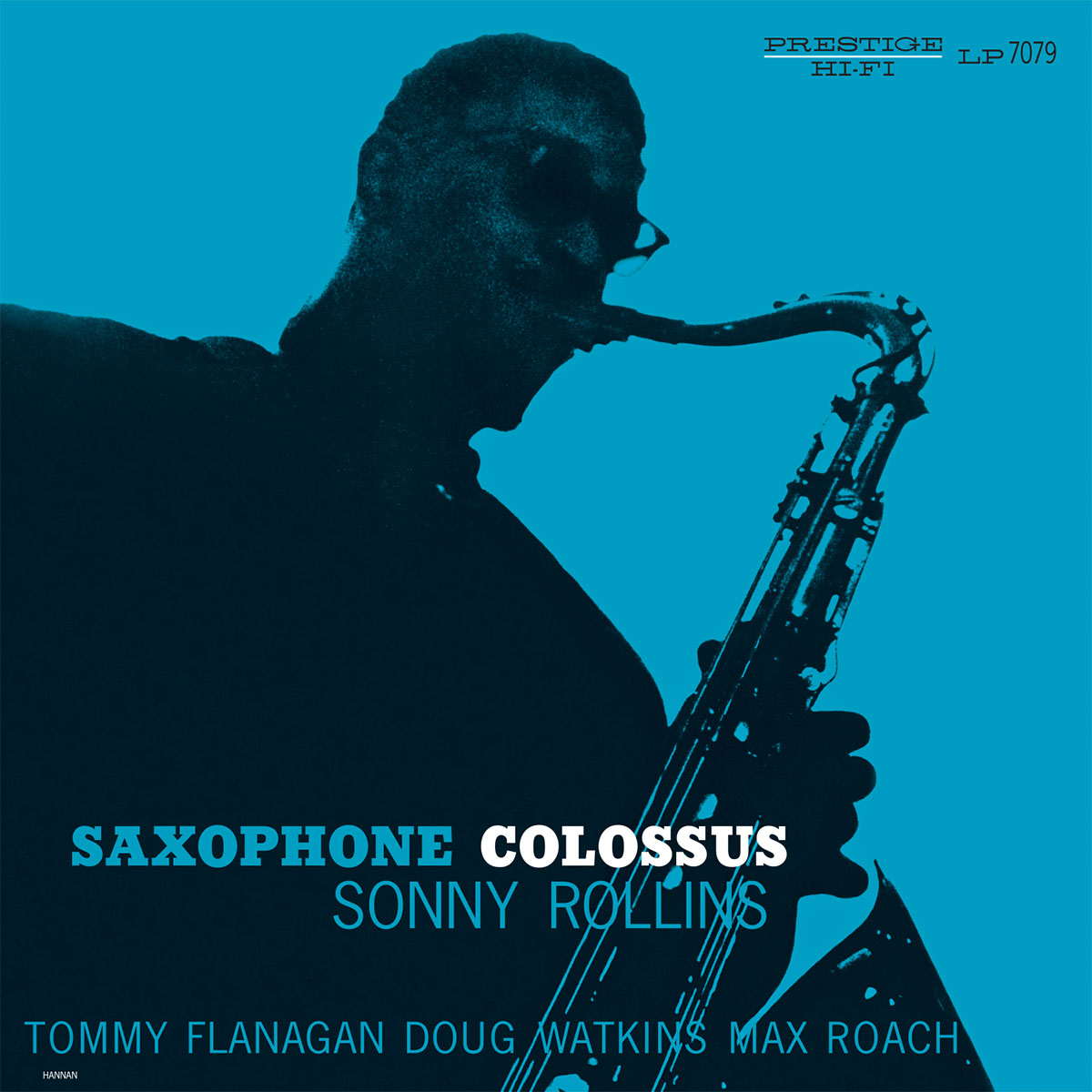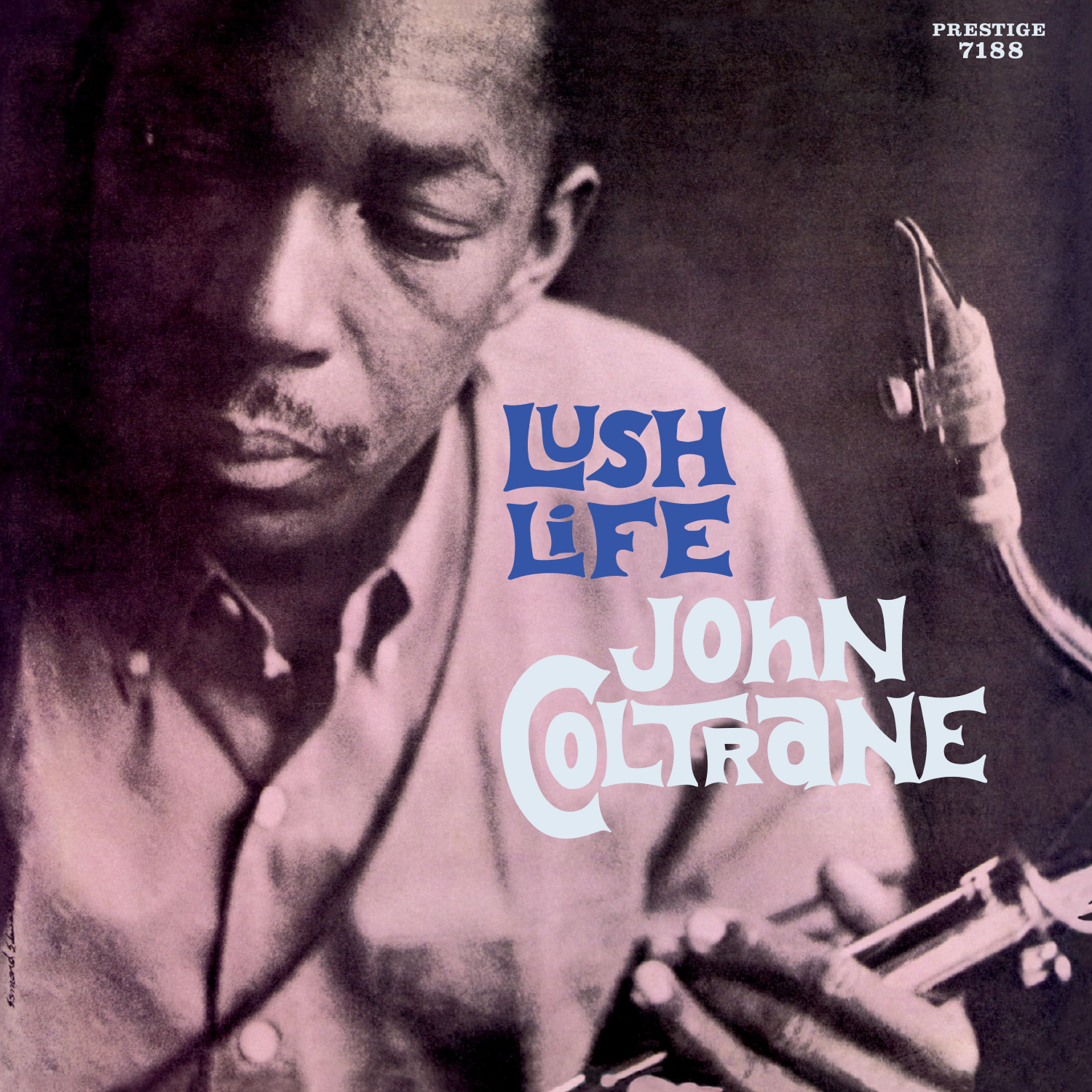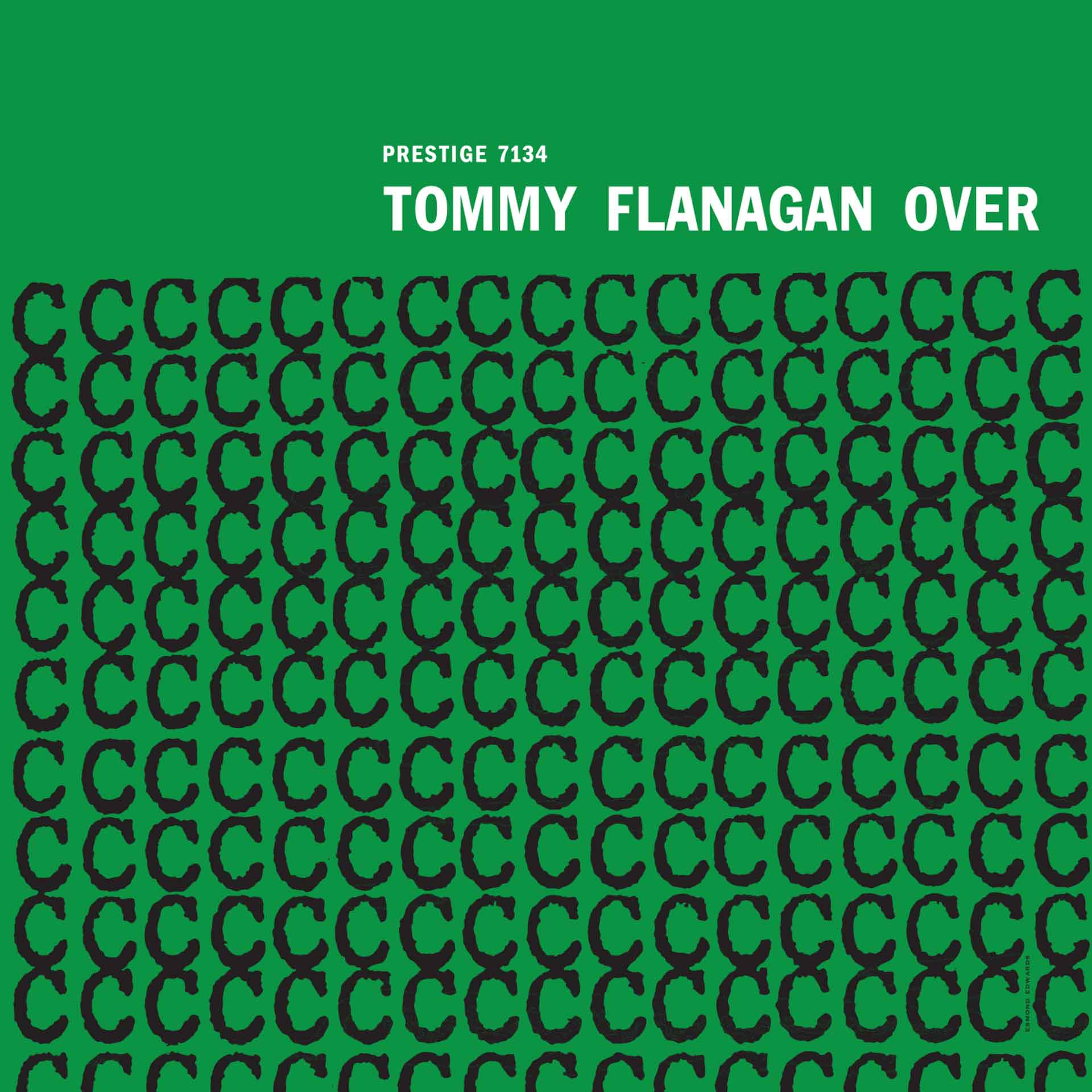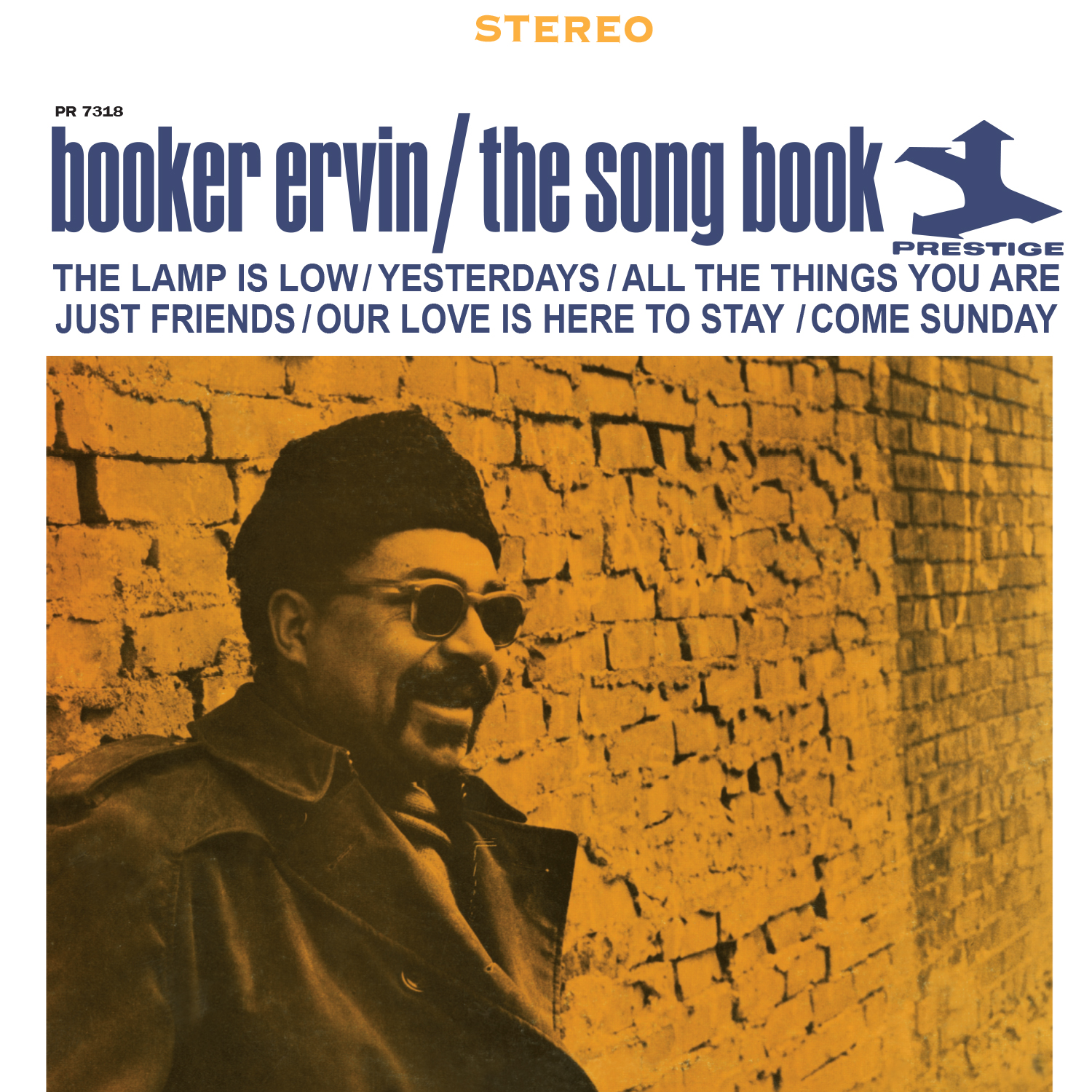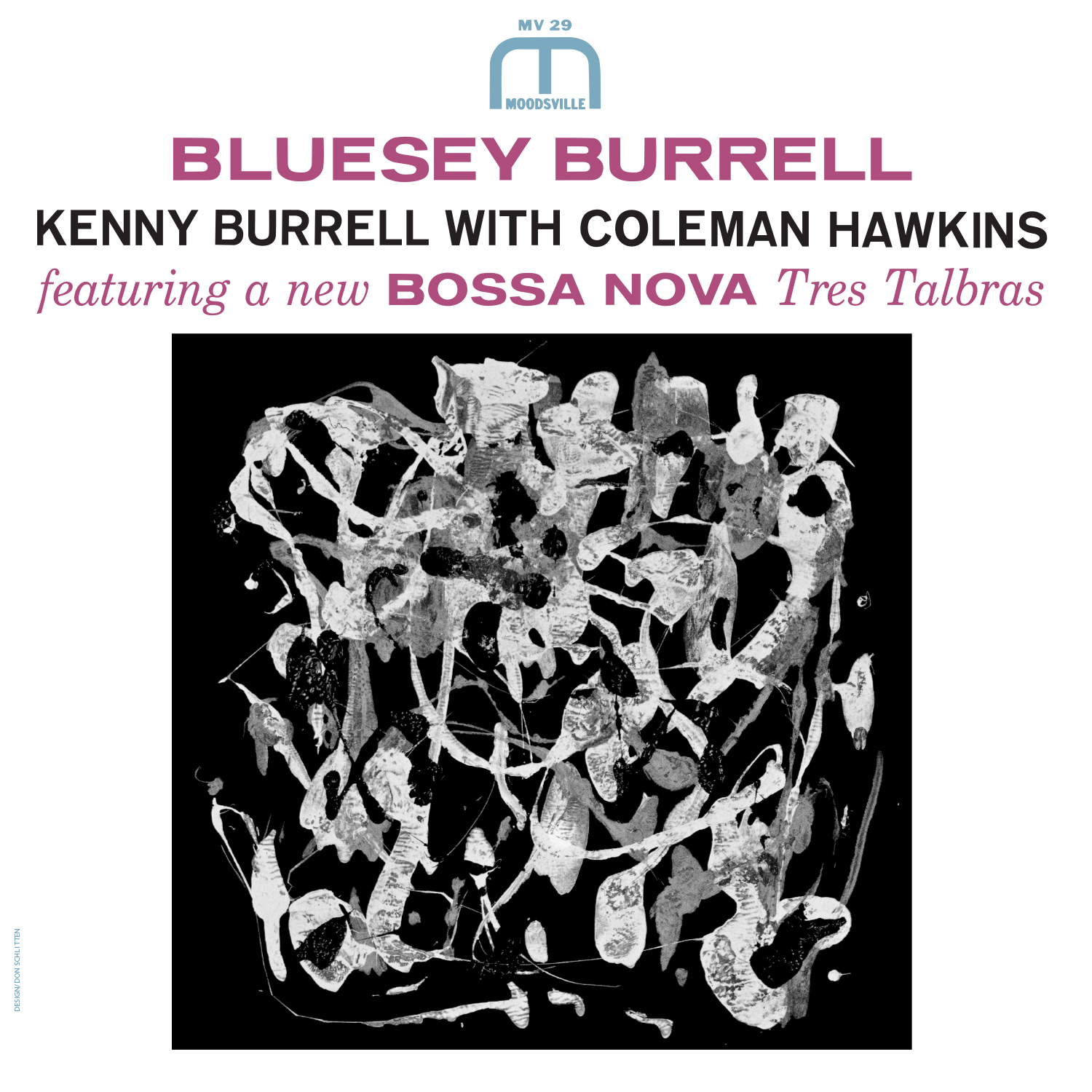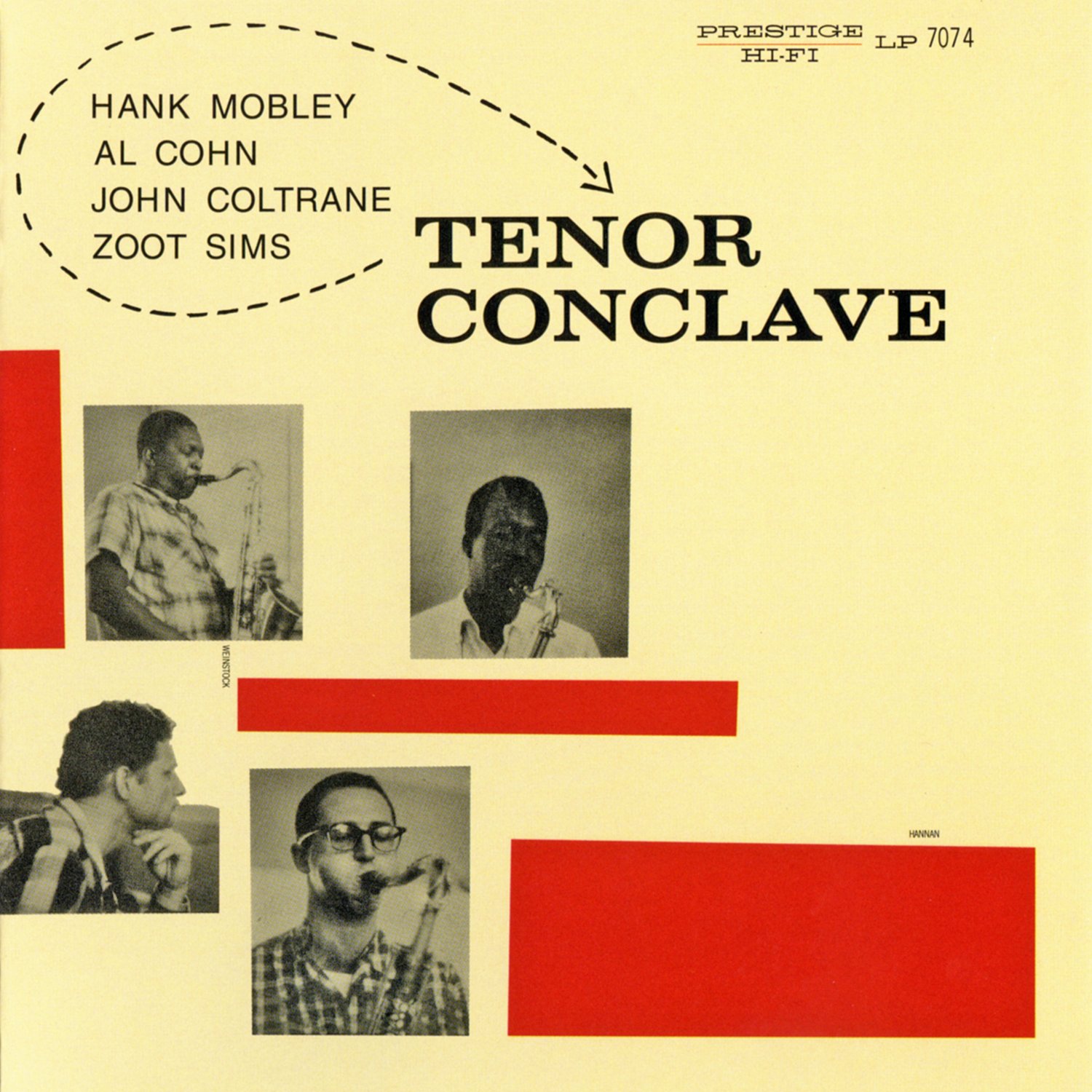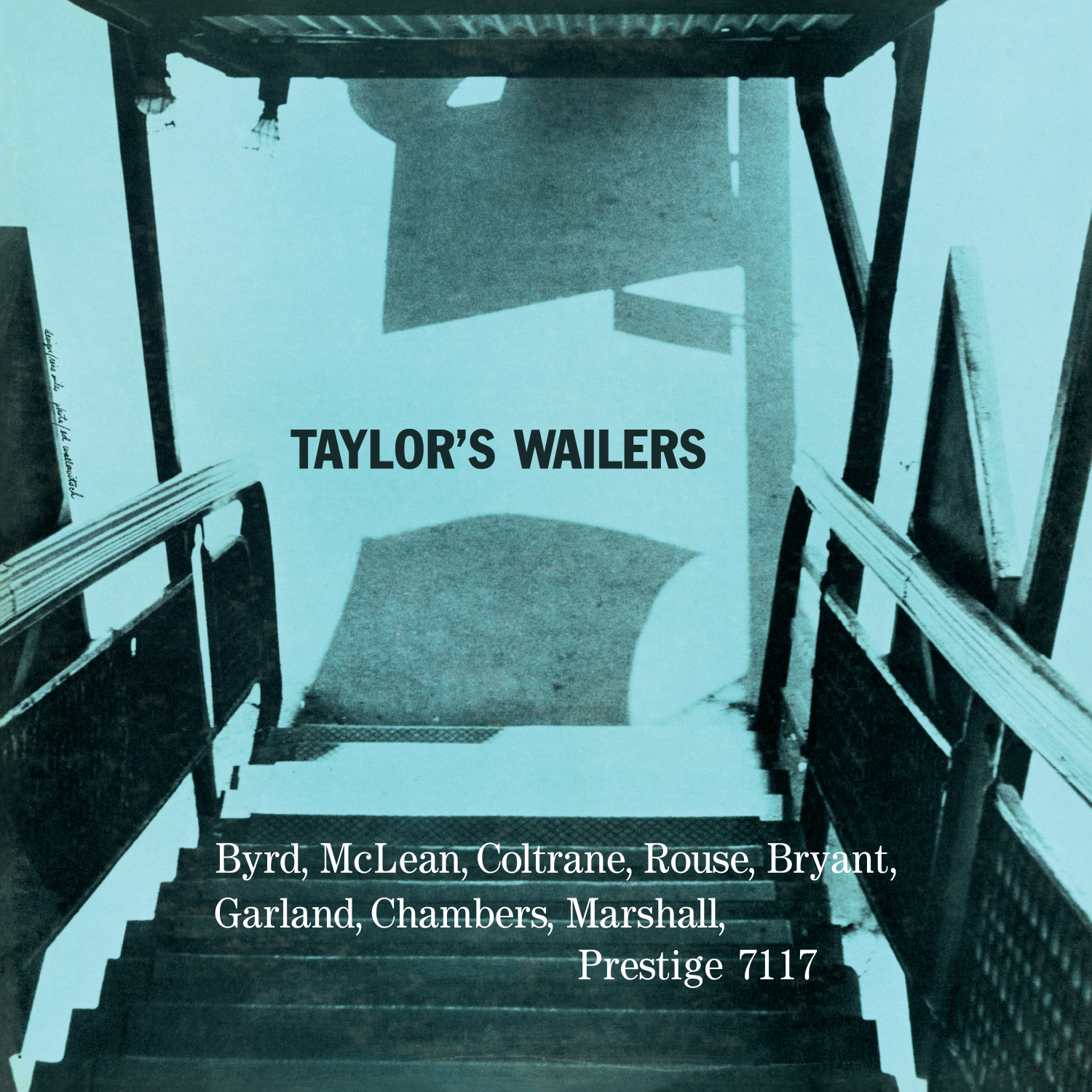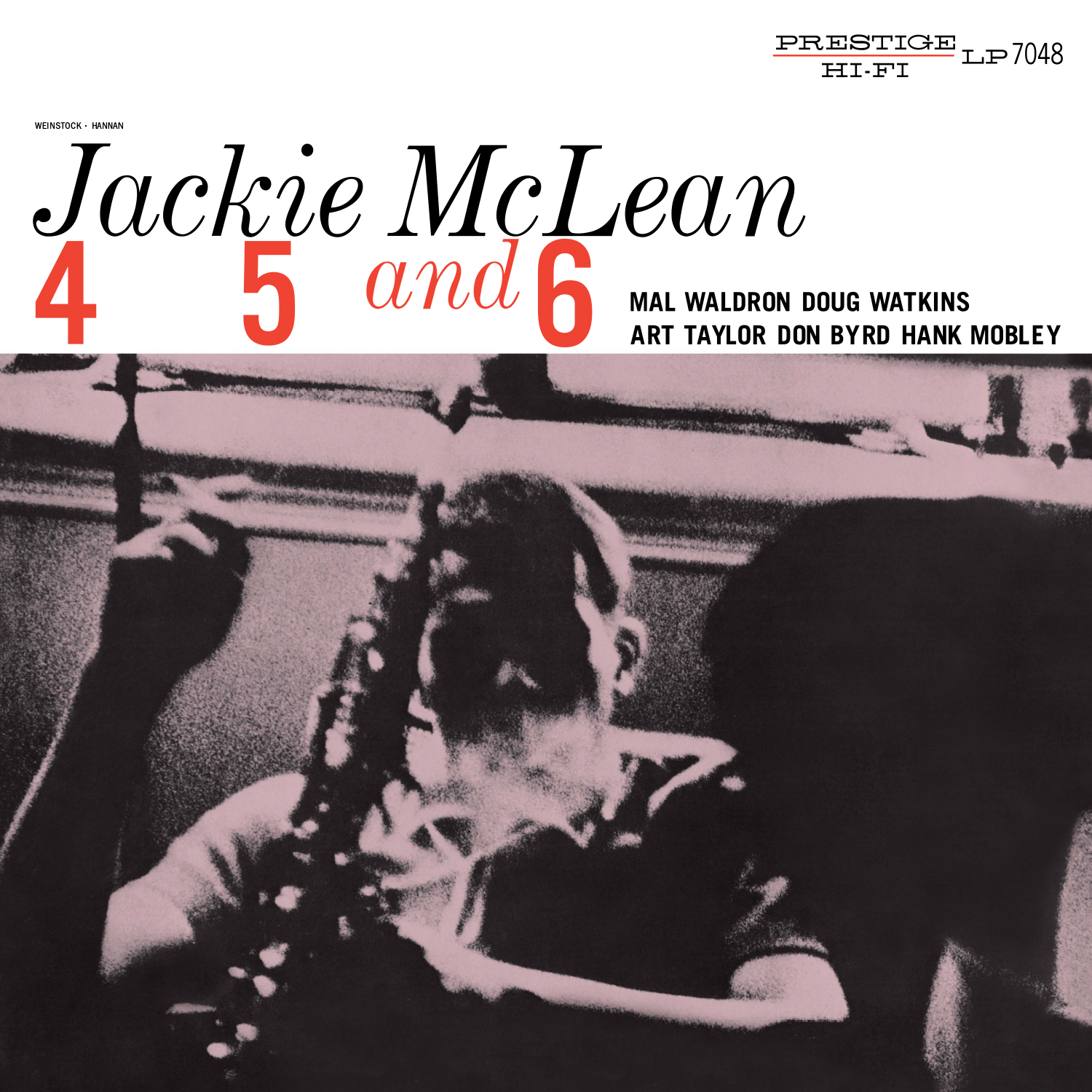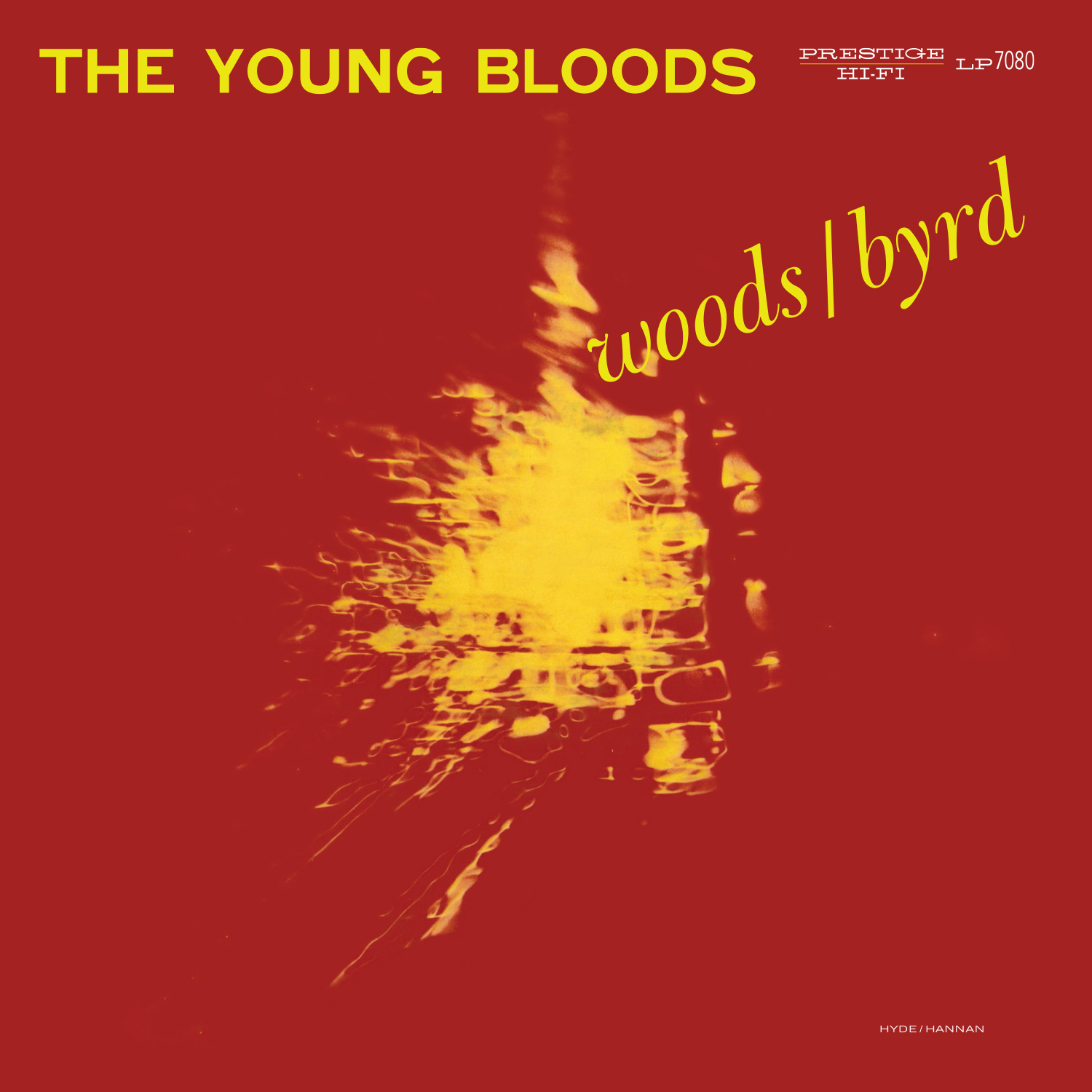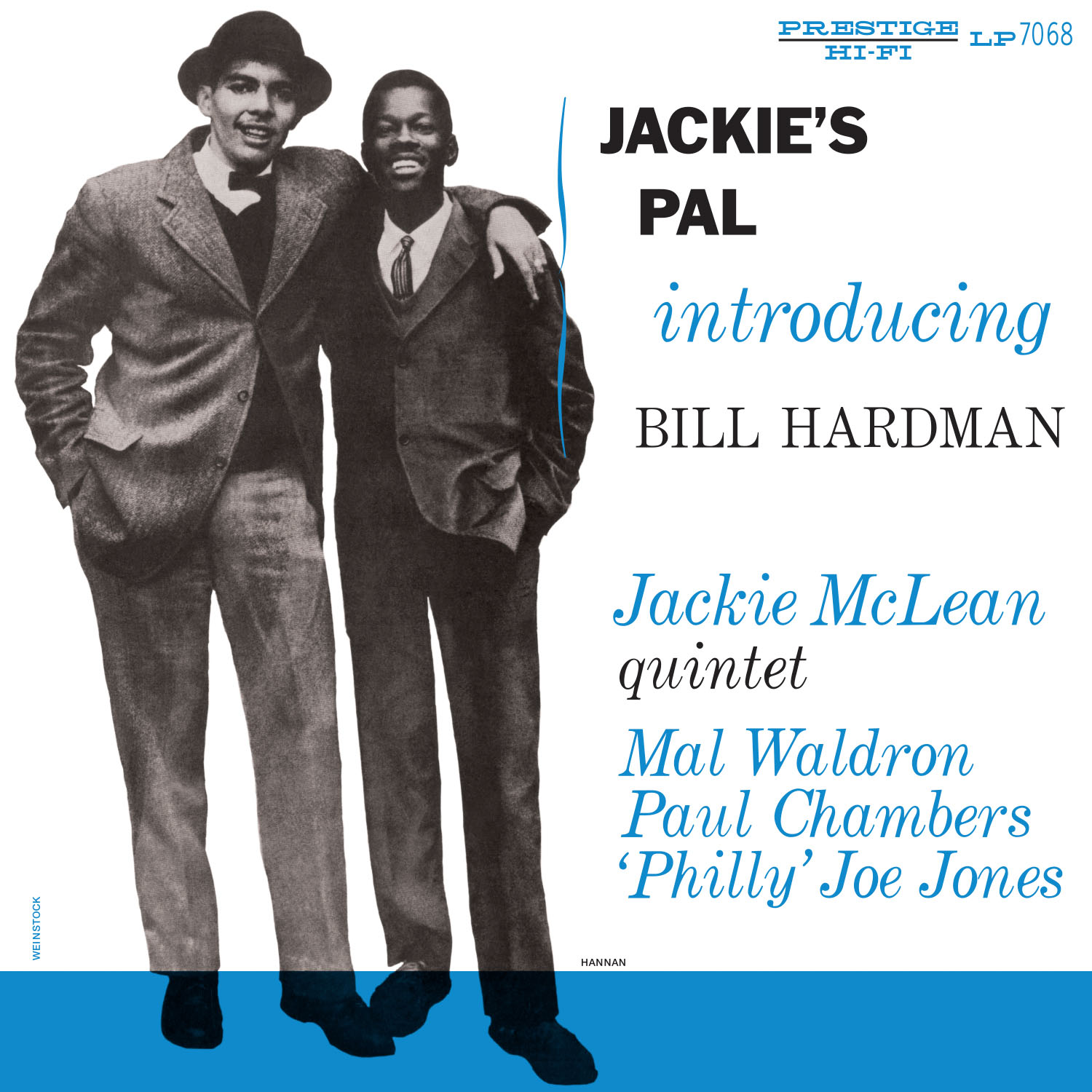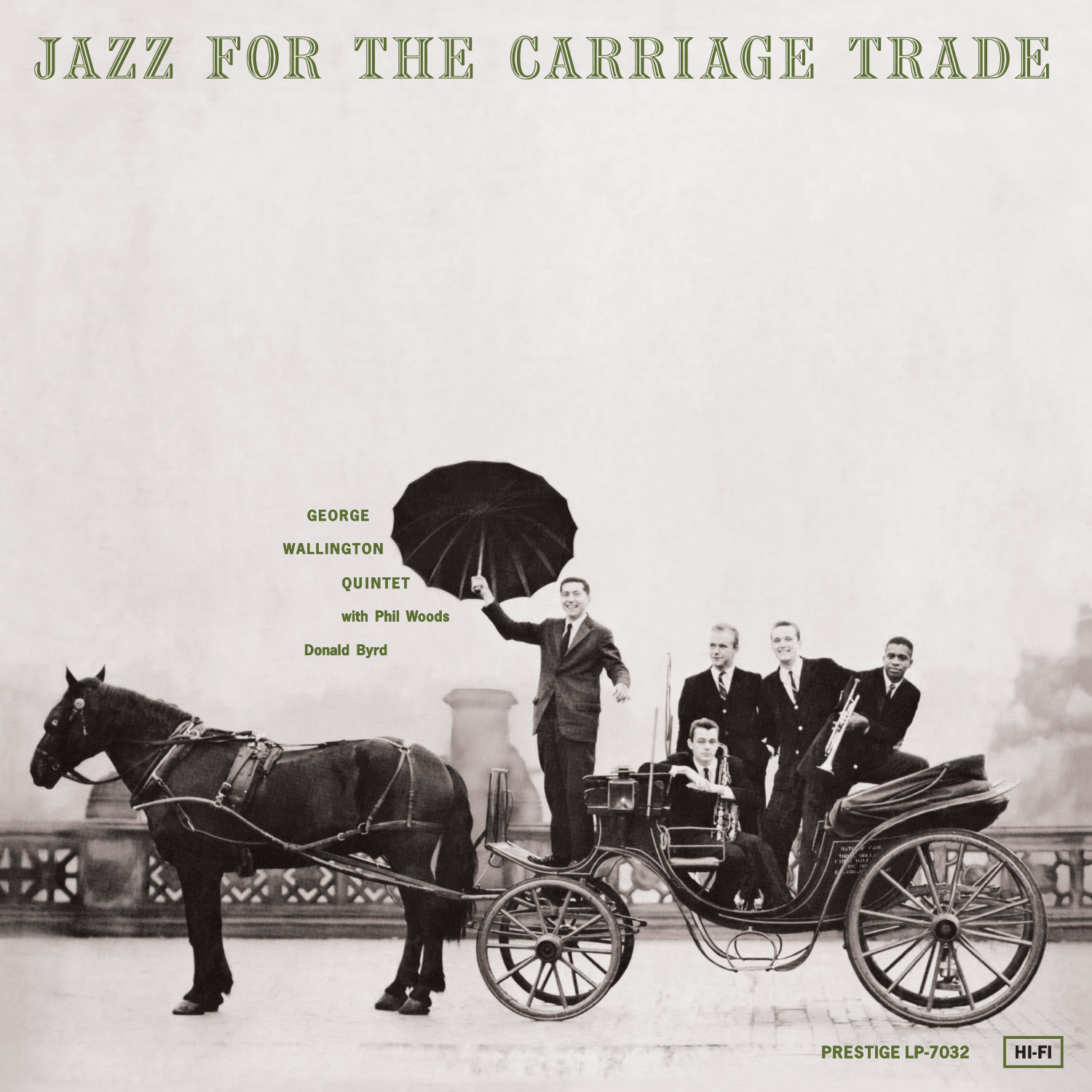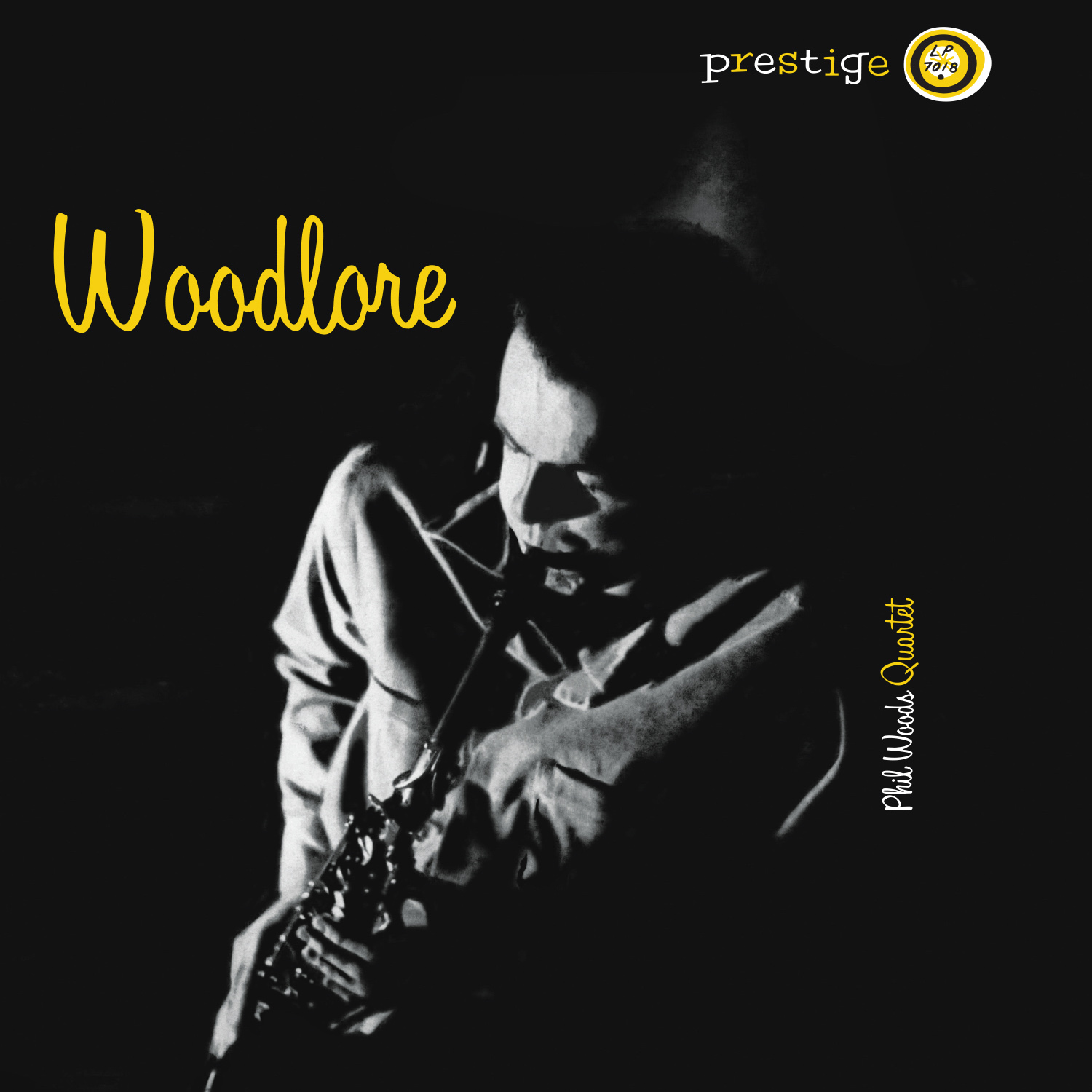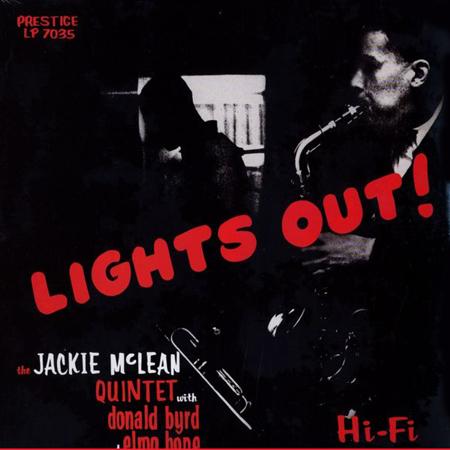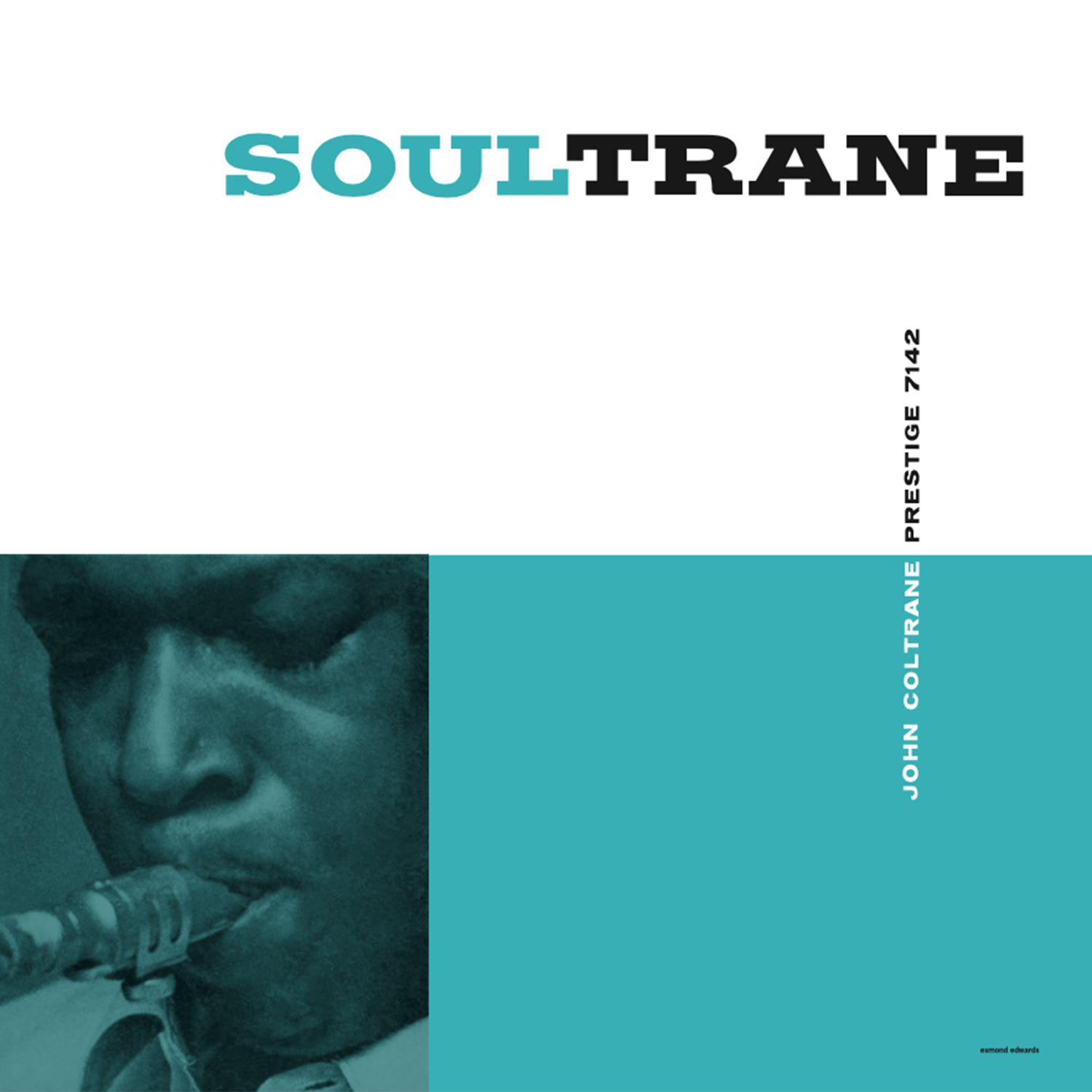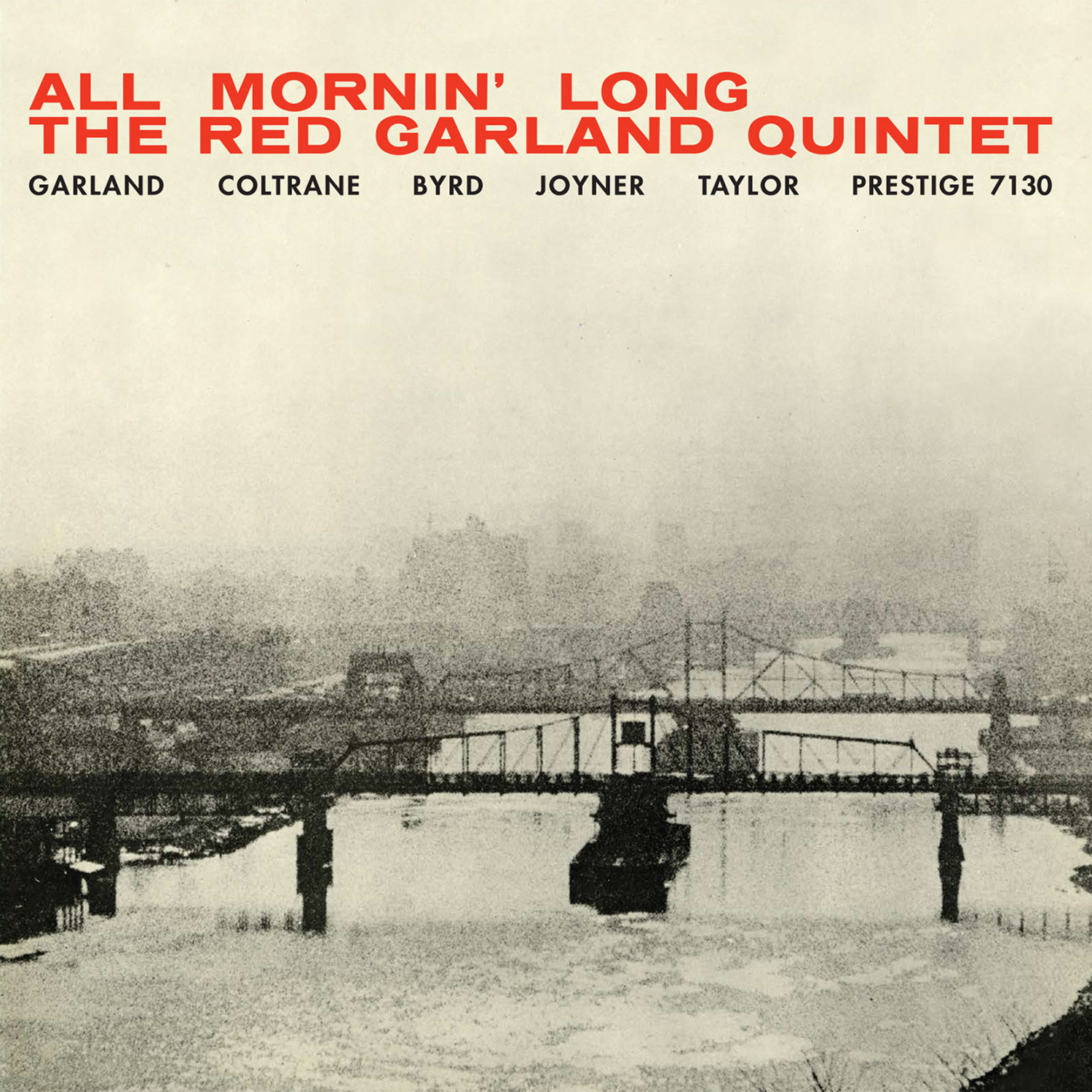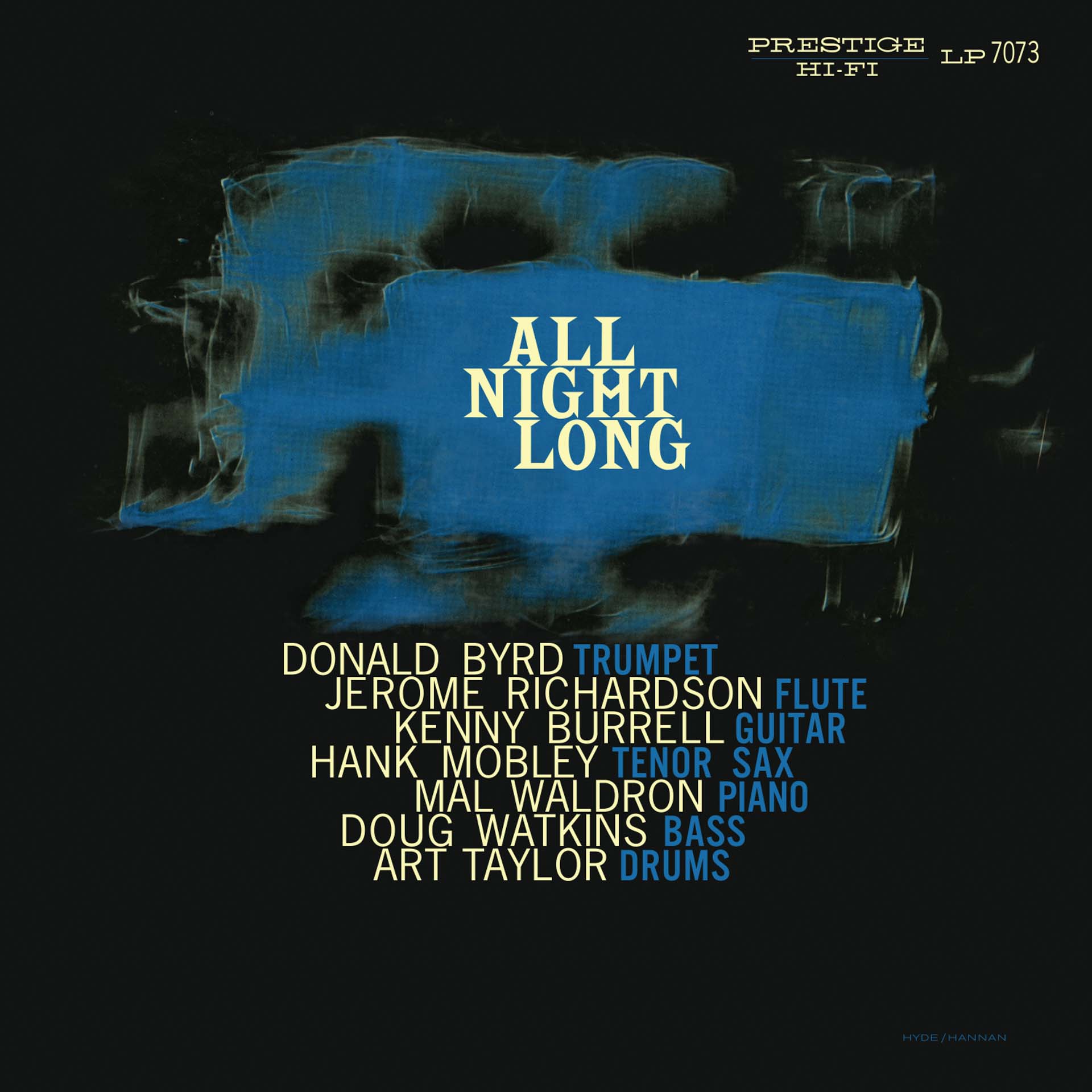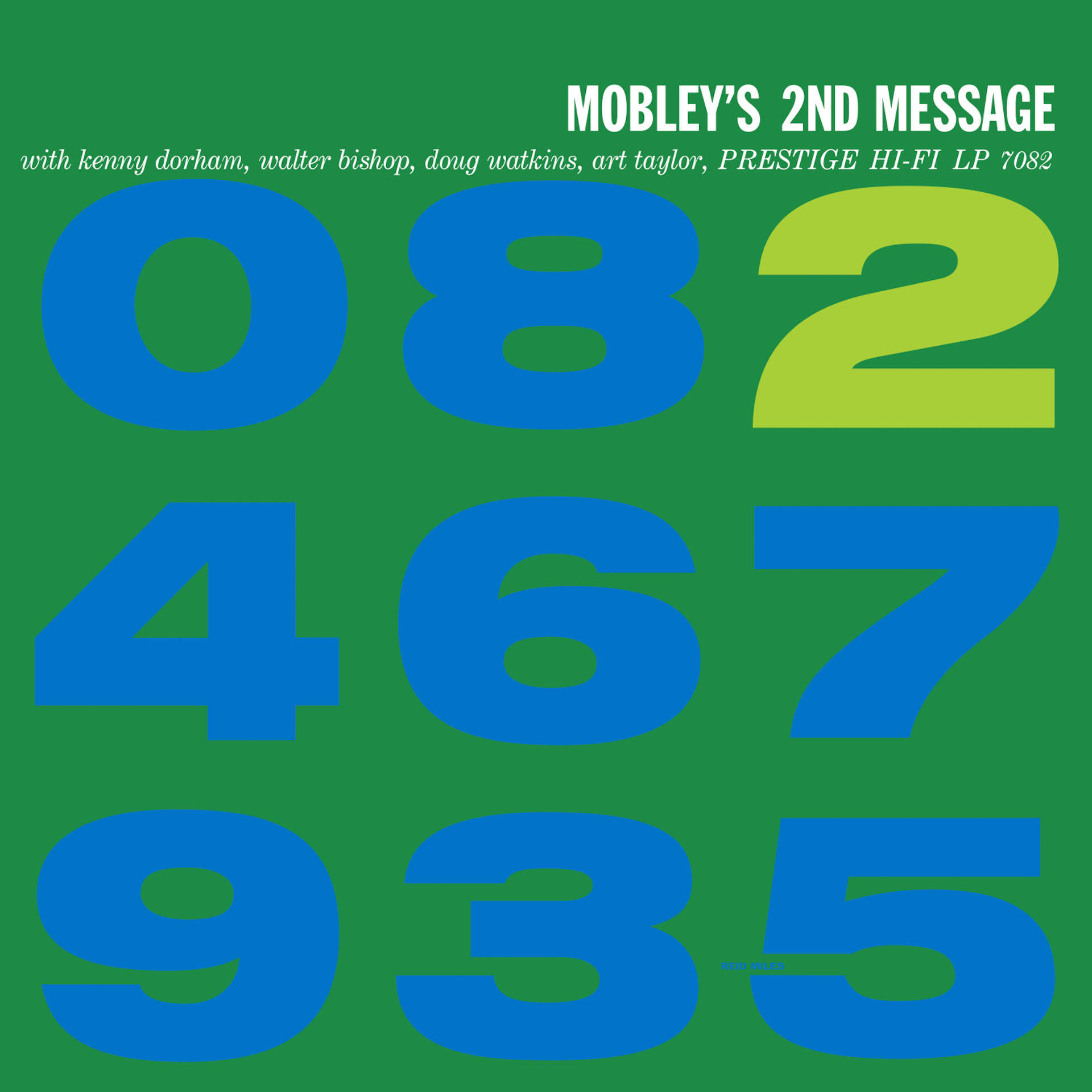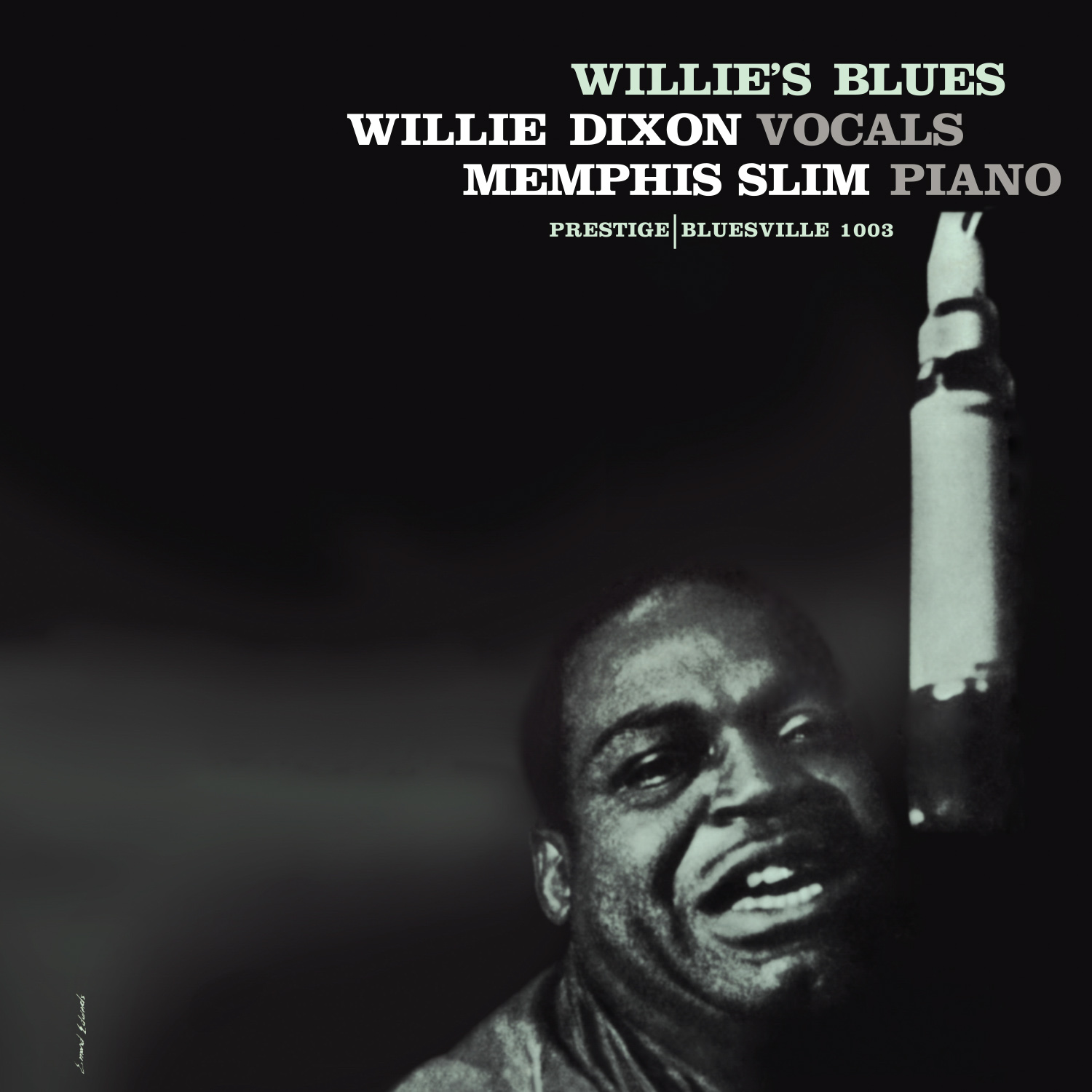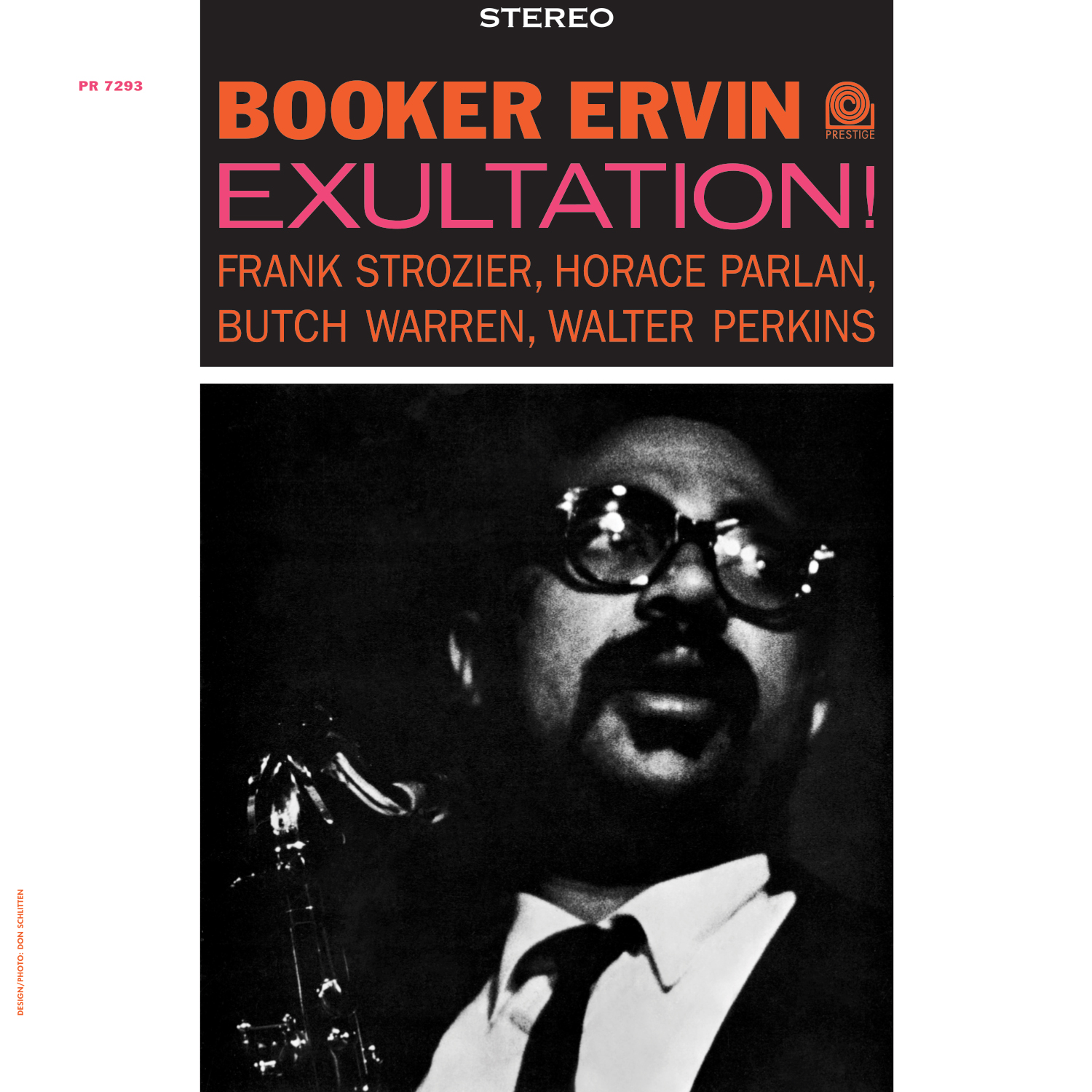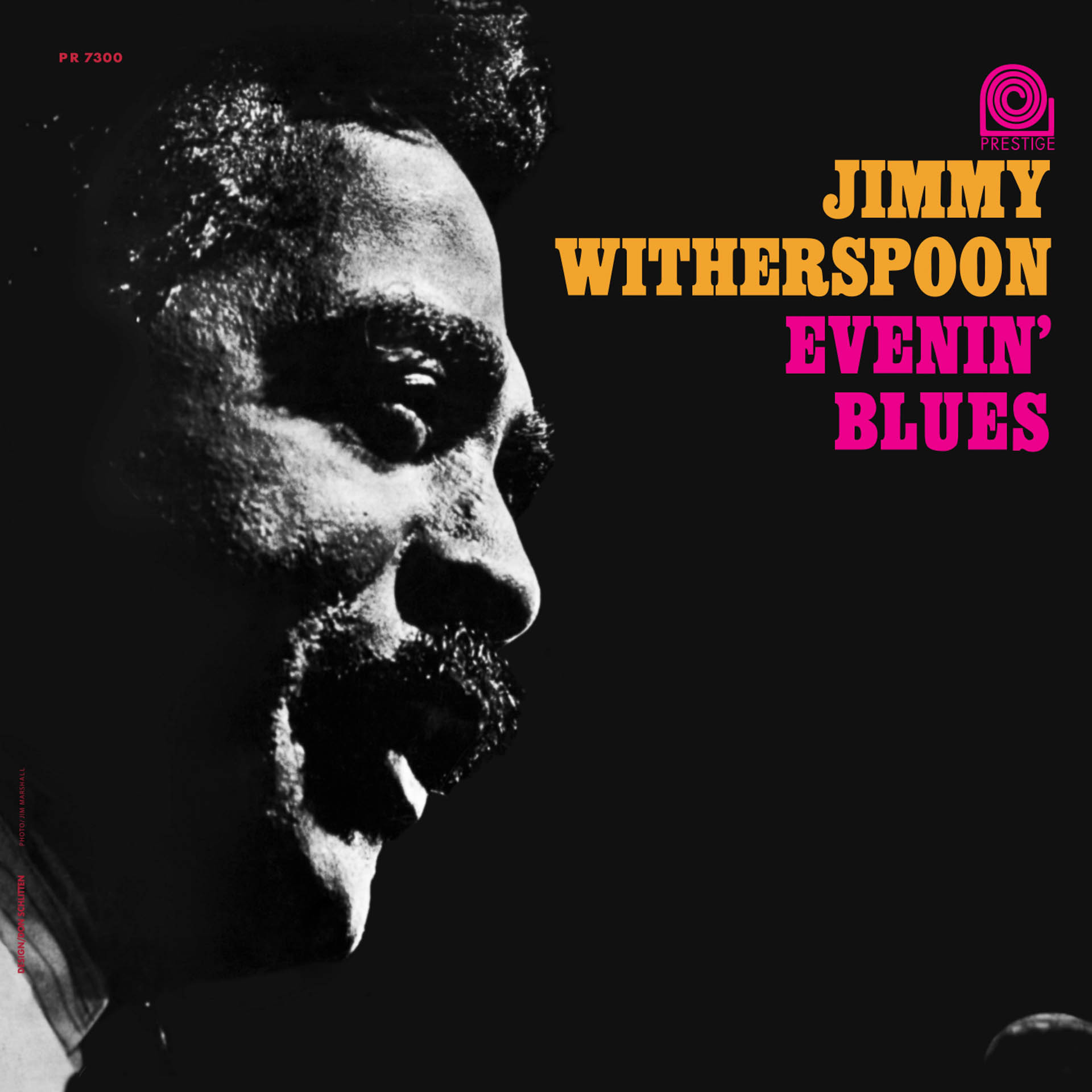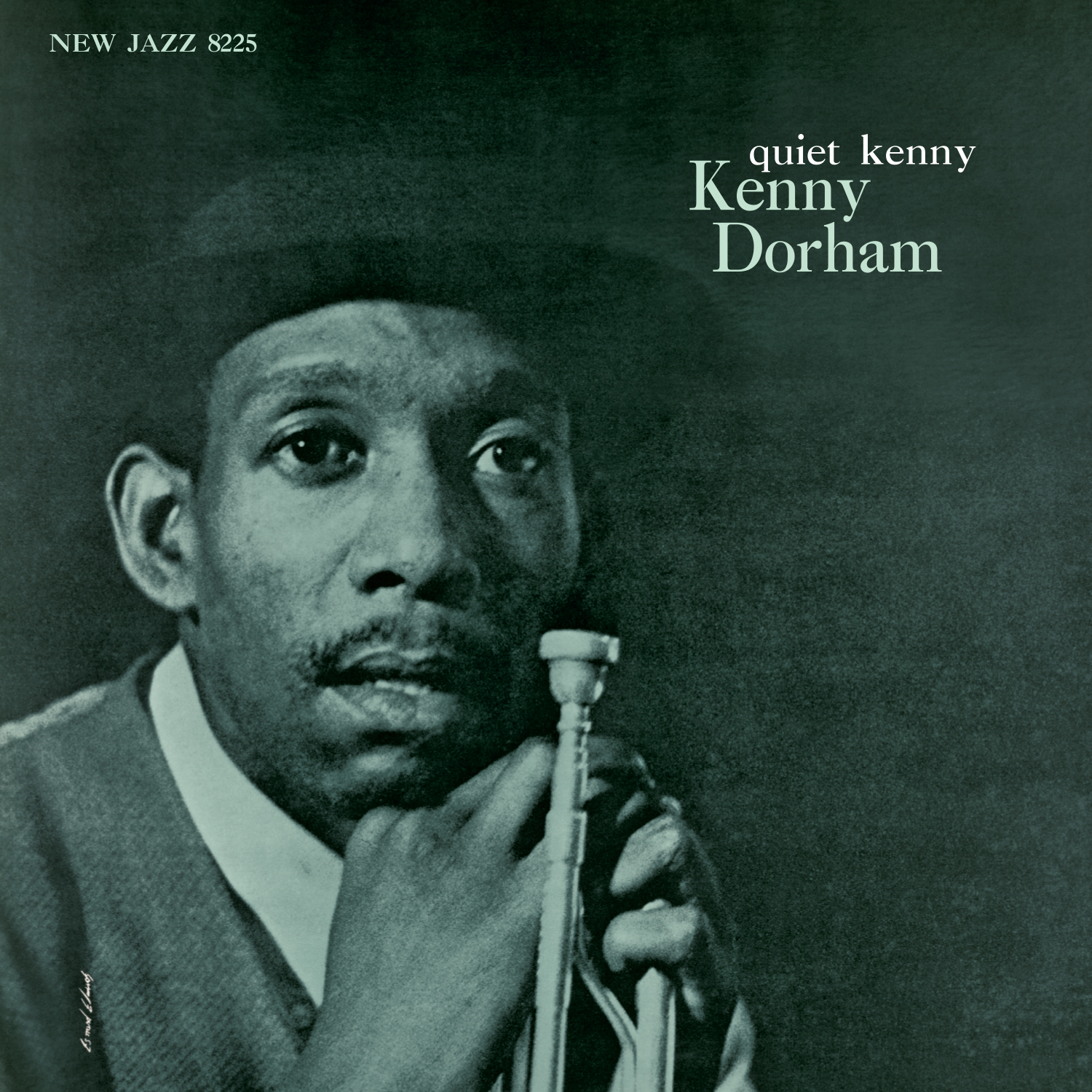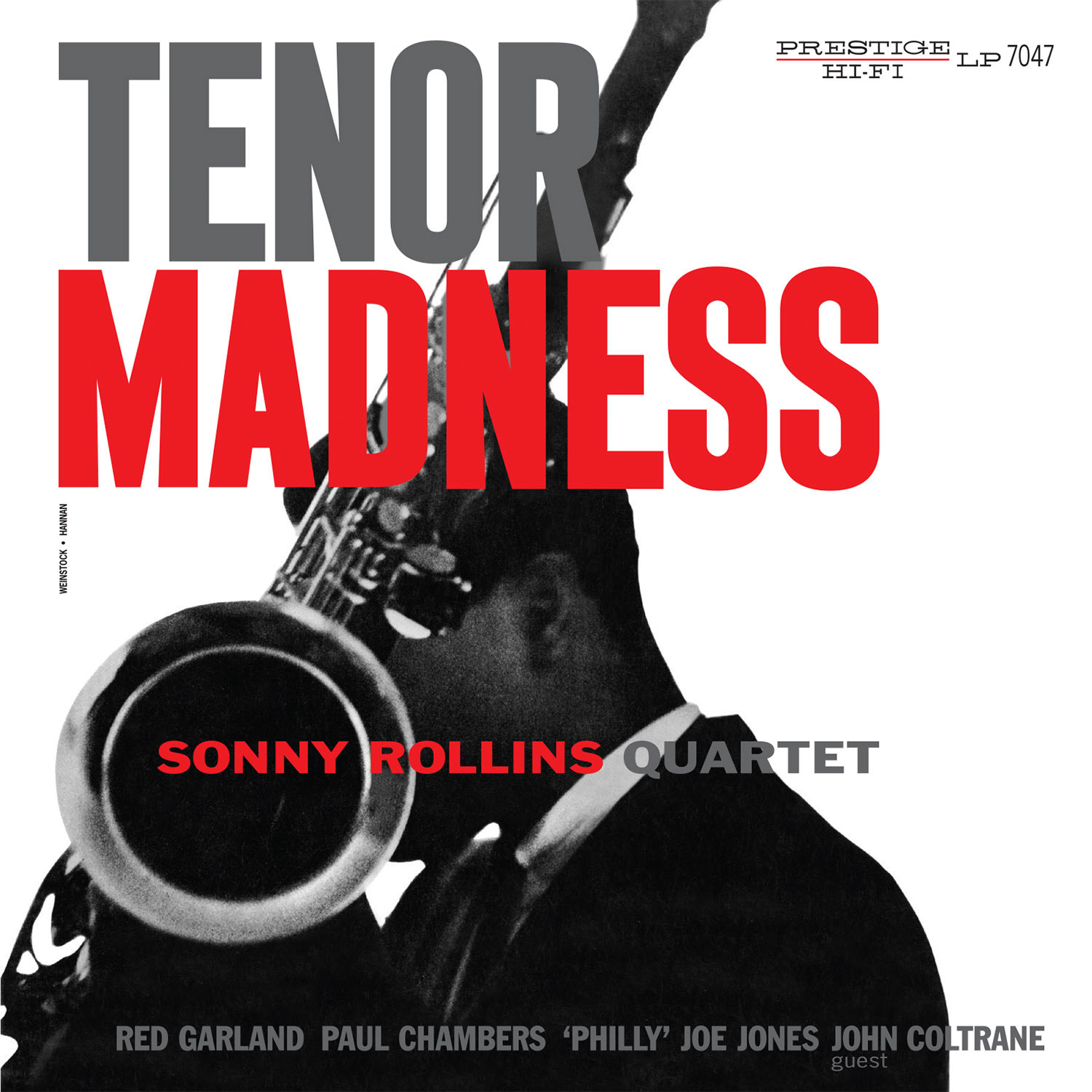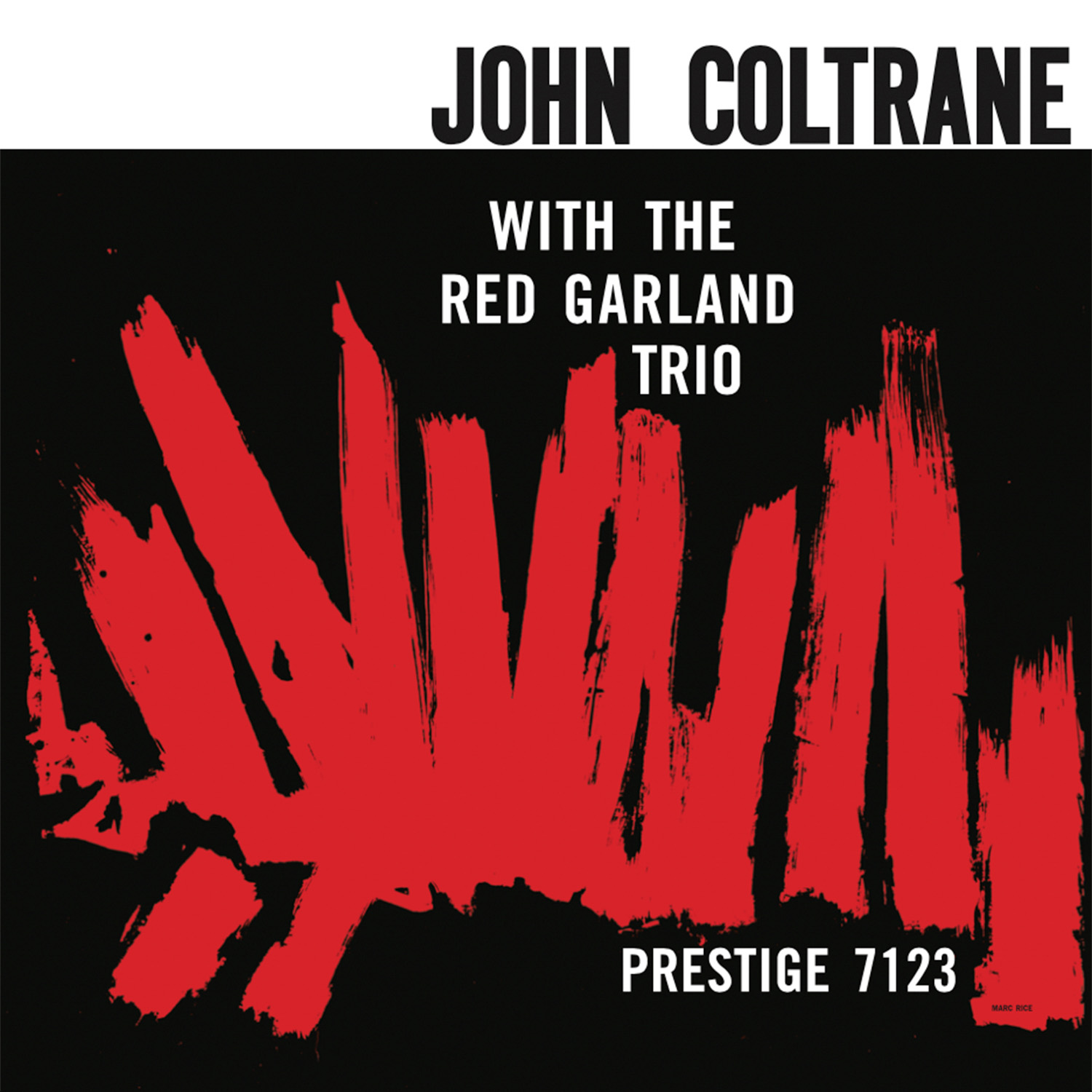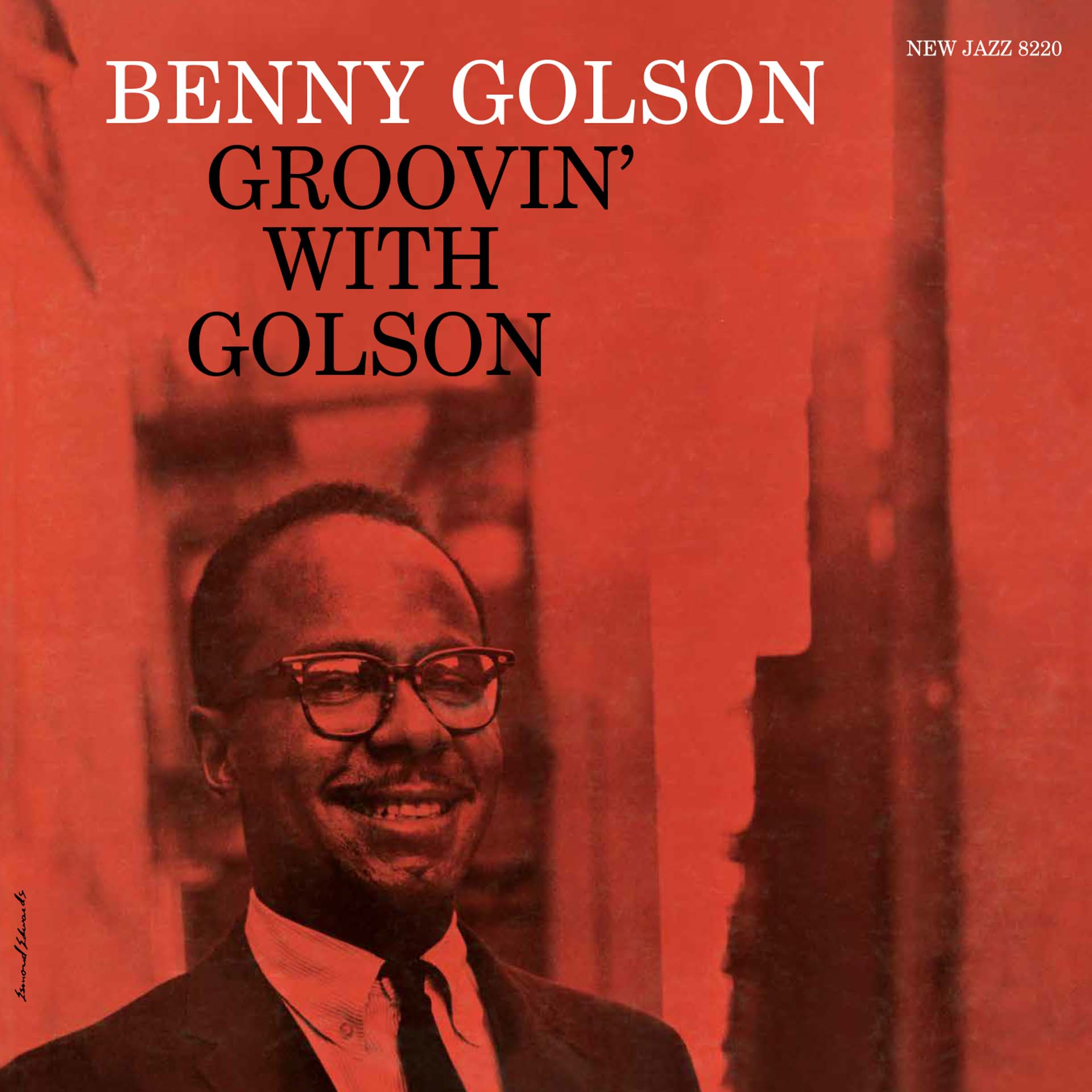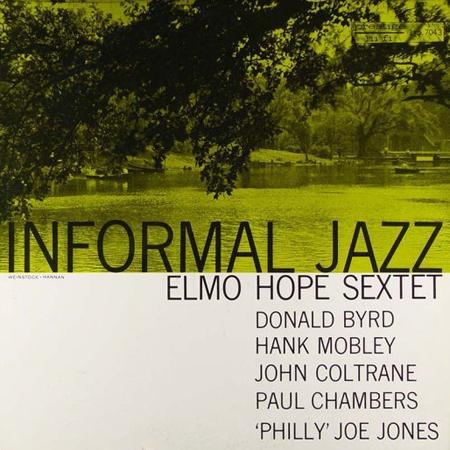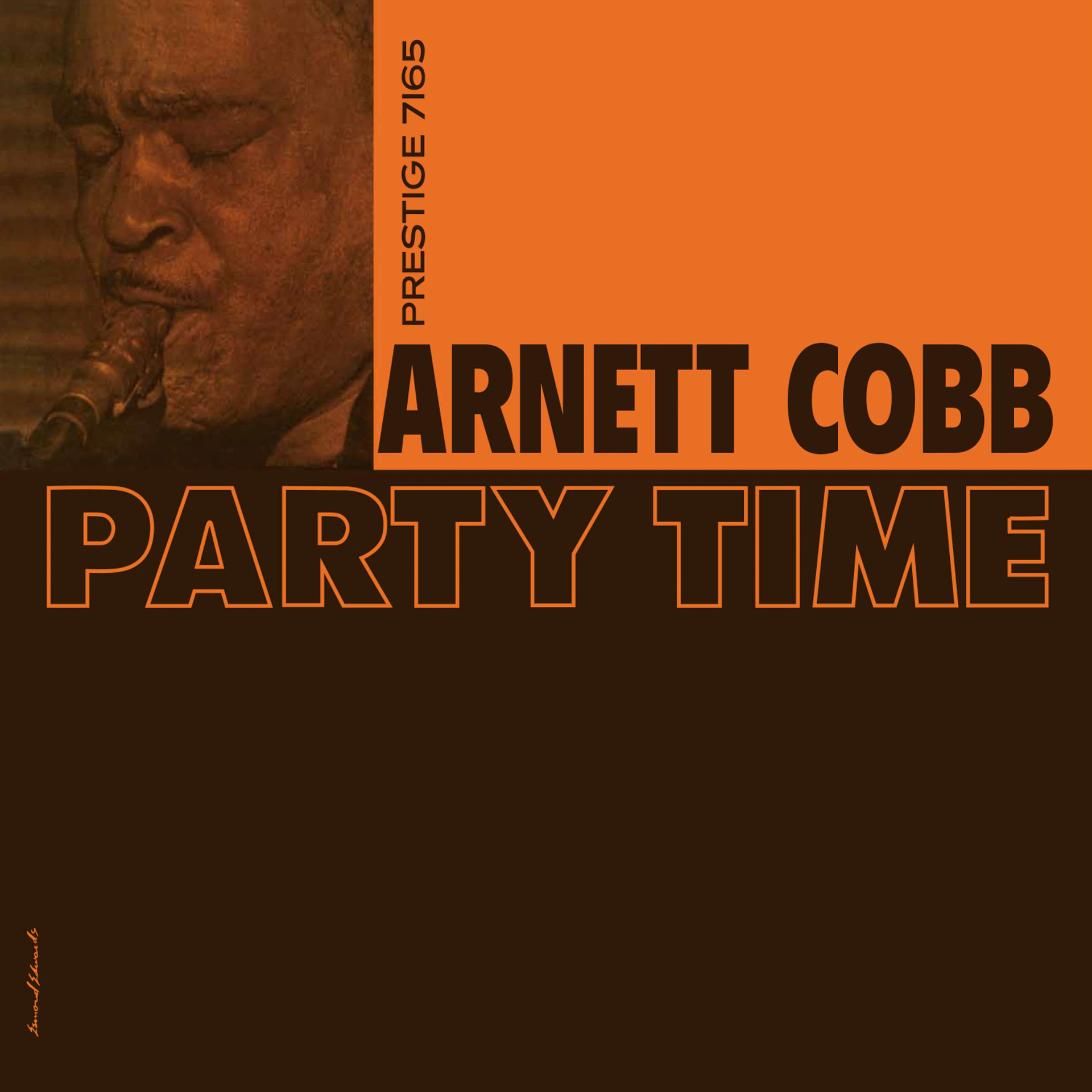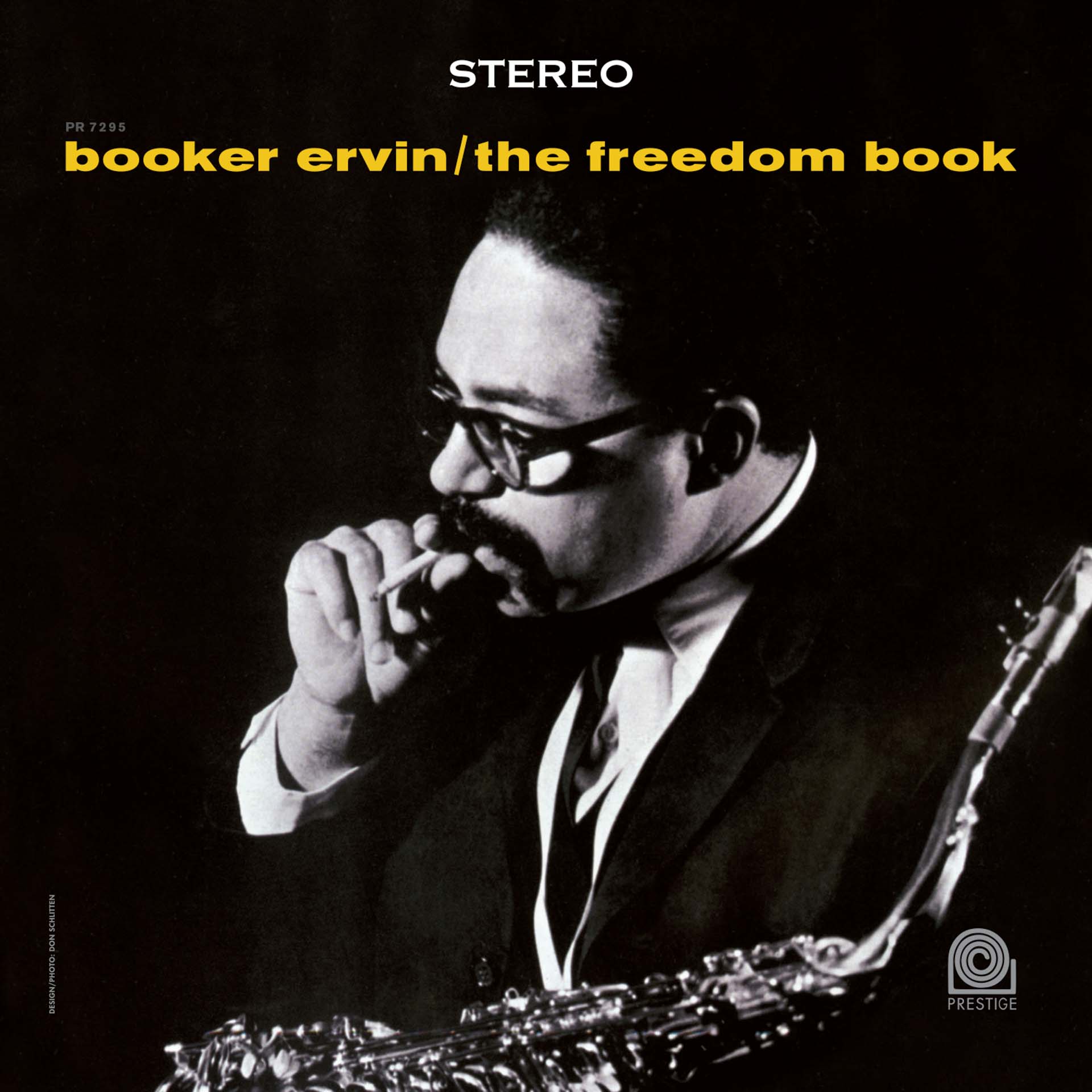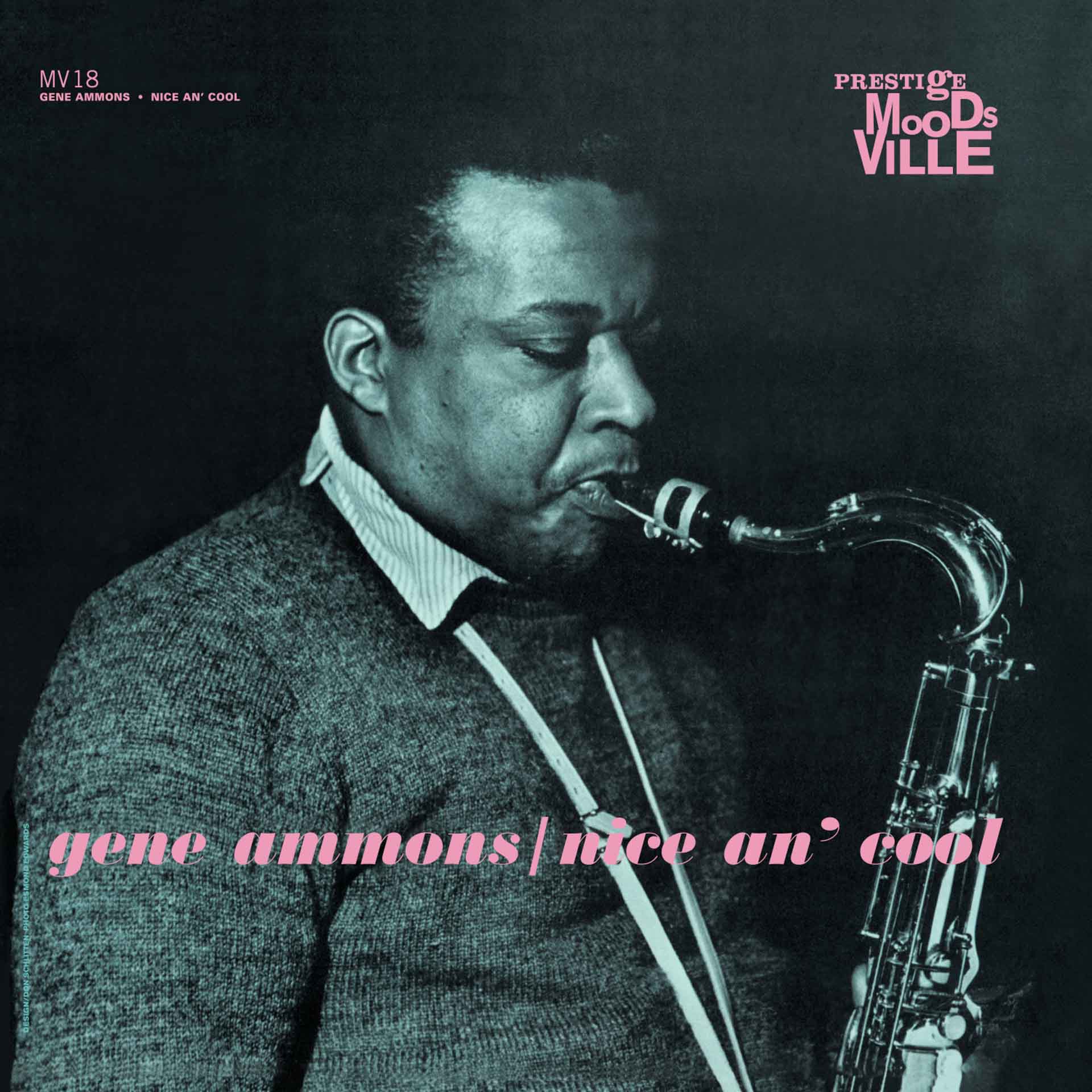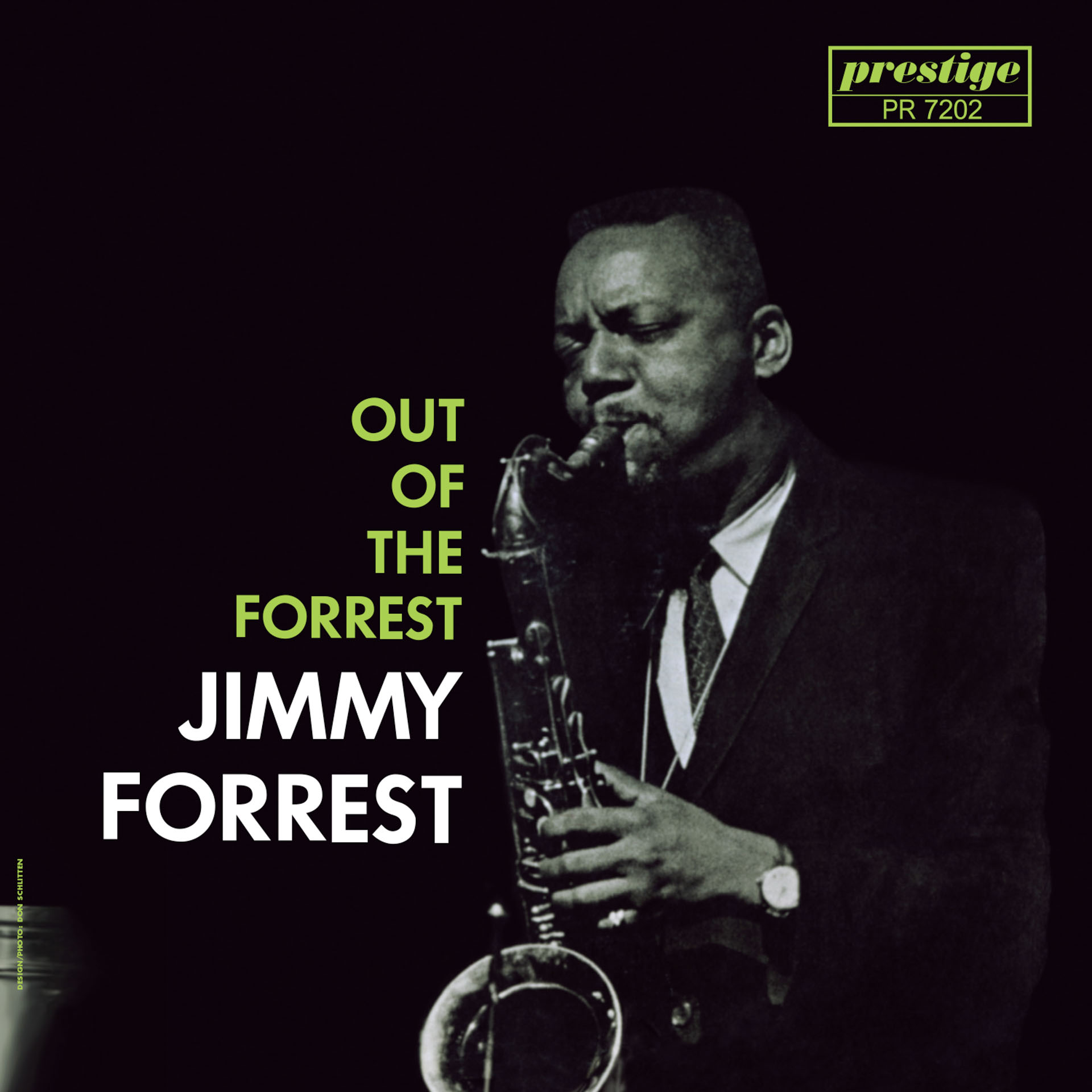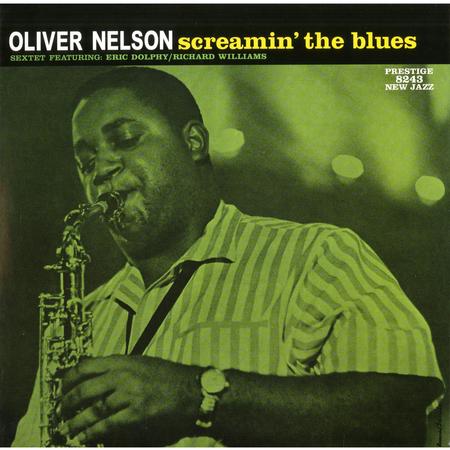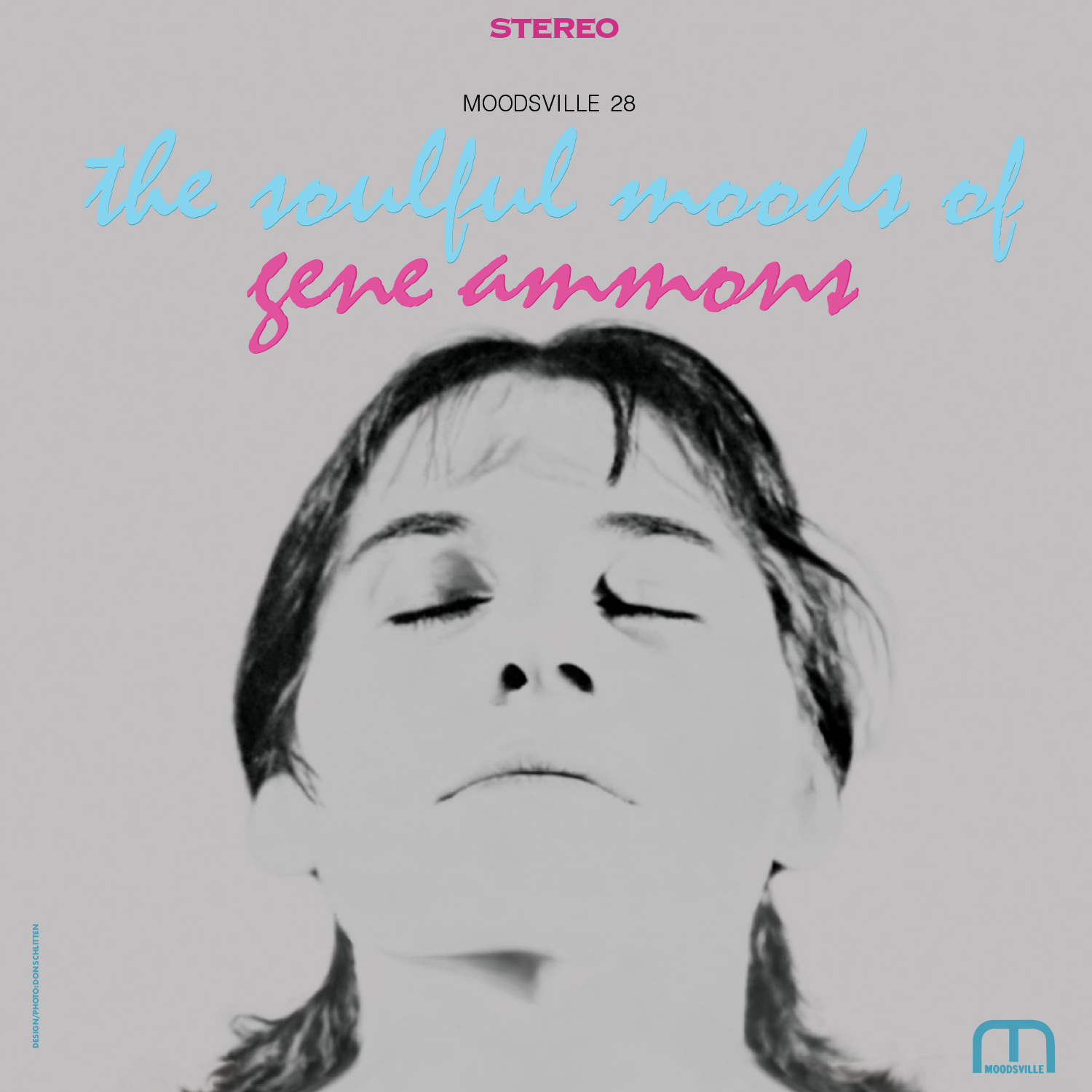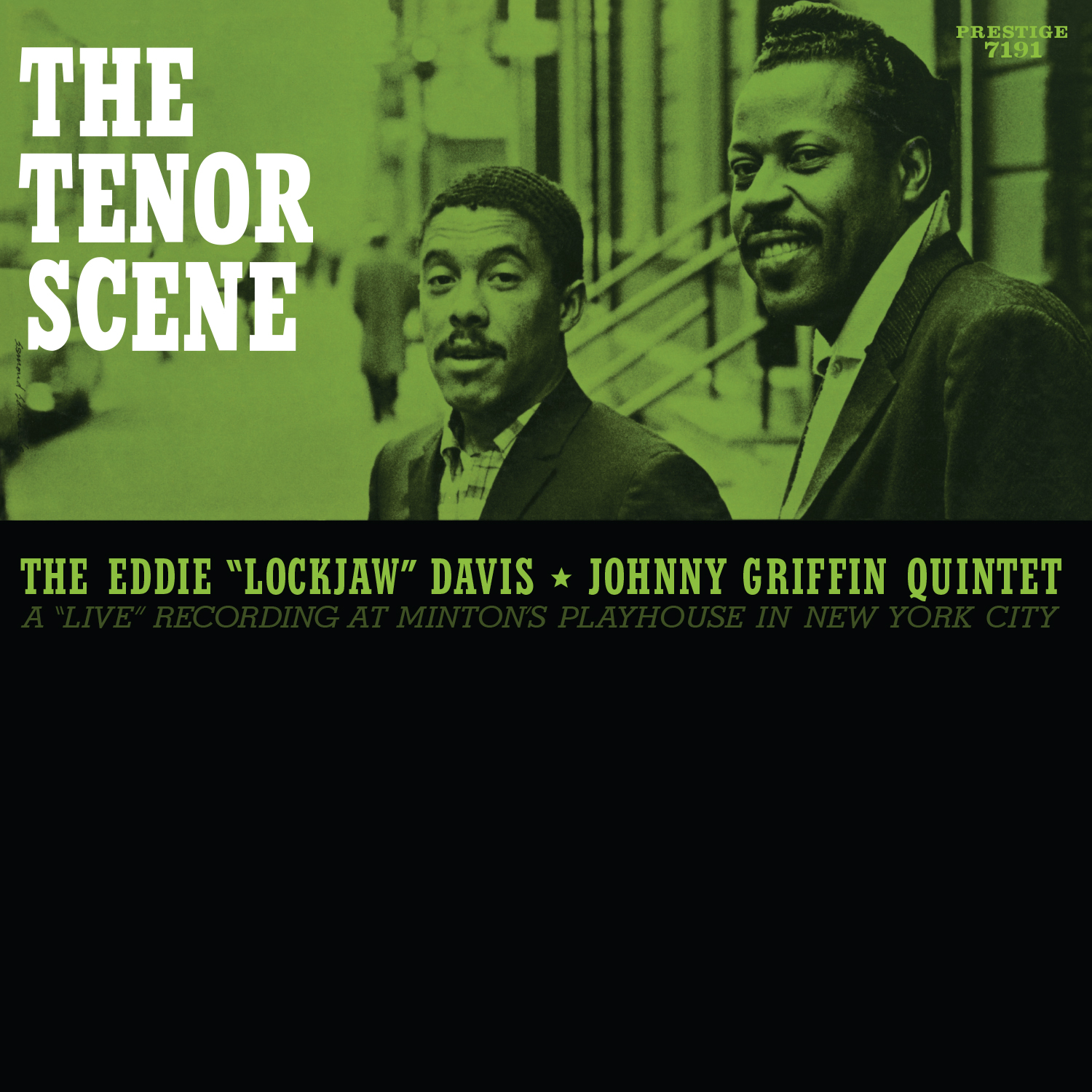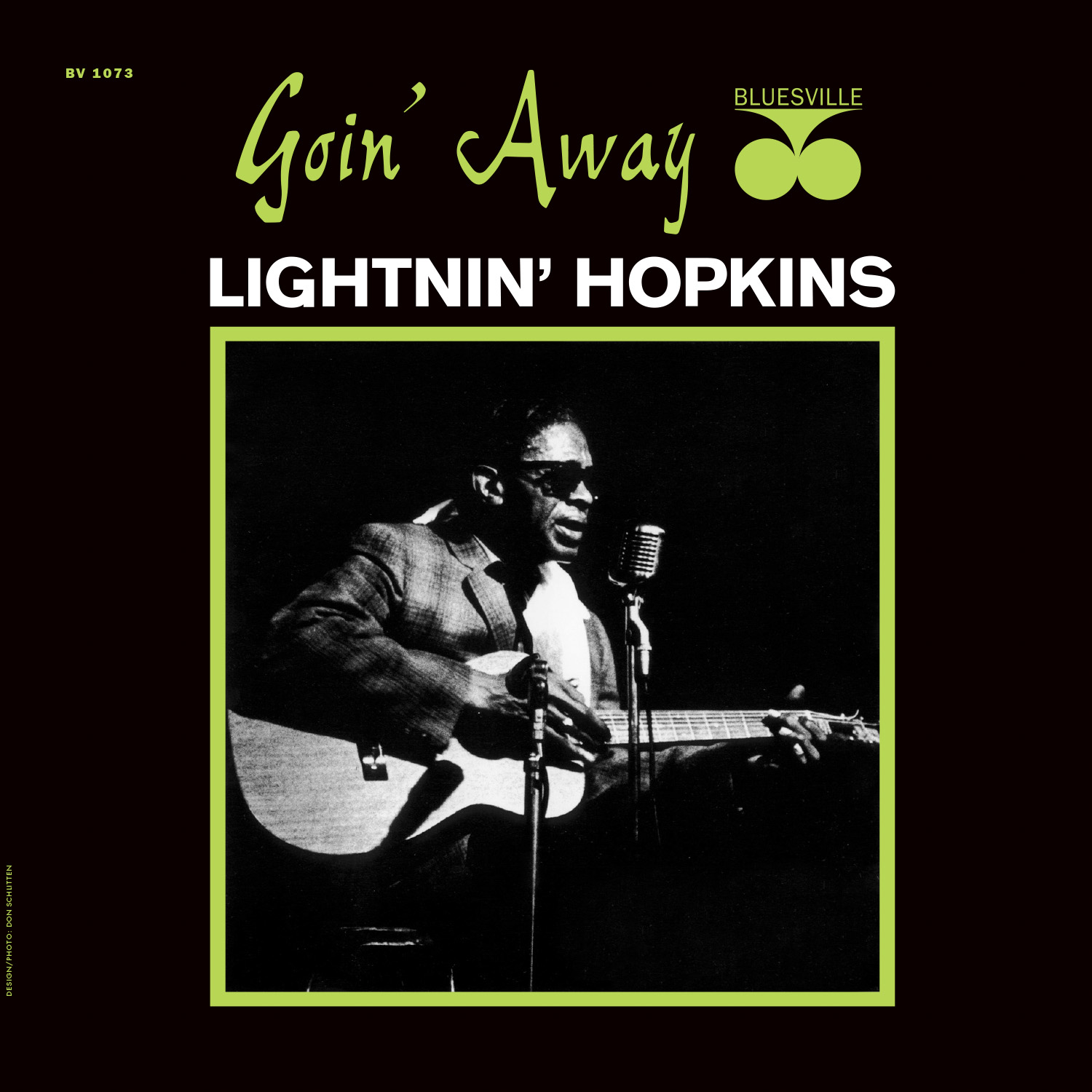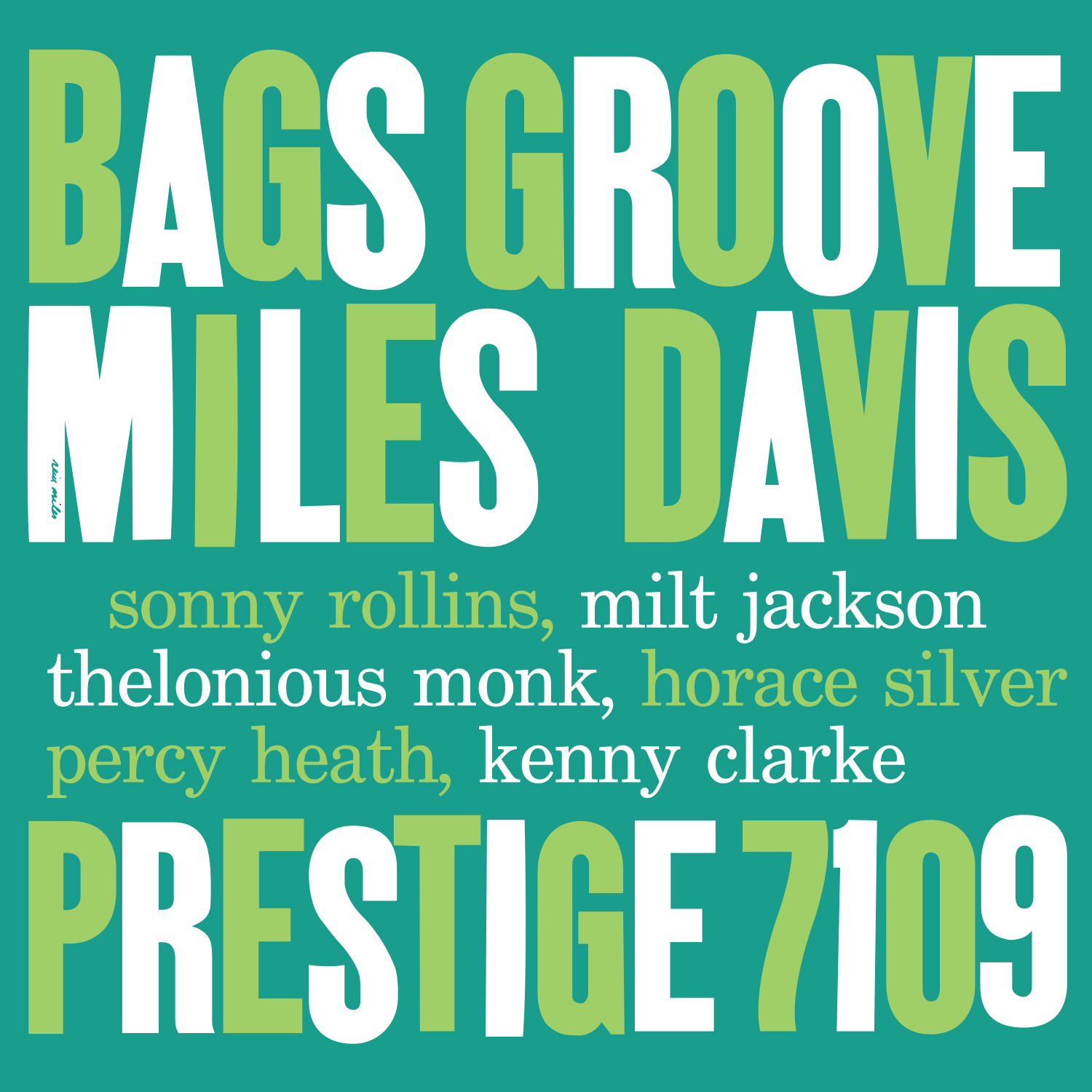New UHQR
The White Stripes’ - Elephant
Acoustic Sounds Series
Verve
Acoustic Sounds Series
Contemporary Records
Acoustic Sounds Series
Impulse
Exclusive in the EU:
Vinyl storage solutions sleeves
Highlighted Releases
Highlighted Releases
Highlighted Releases
Sonny Rollins – Saxophone Colossus (Mono)
38,00 €"Revisiting Sonny Rollins' "St. Thomas" from Saxophone Colossus on SACD at Axpona was one of my personal highlights of the show. ... I LOVE Max Roach's drum solo, two-and-a-half minutes into the…
John Coltrane – Lush Life (Mono)
38,00 €These SACD jackets feature printed wraps mounted to chipboard shells, producing an authentic, "old school" look and feel. Some people call these "mini LP" jackets. Here is one of the musical giants…
Tommy Flanagan – Overseas (Mono)
38,00 €These SACD jackets feature printed wraps mounted to chipboard shells, producing an authentic, "old school" look and feel. Some people call these "mini LP" jackets. When Jay Jay Johnson toured Sweden…
Booker Ervin – The Song Book (Stereo)
58,00 €Of Booker Ervin's nine Prestige albums, this one is special because it presents him exclusively in the contexts of standard songs. Ervin's aggressiveness, his ferocity, his incomparable Texas…
Kenny Burrell – Bluesey Burrell (Stereo)
58,00 €This session is a model of the emotionally intense ballad programs featured on Prestige's Moodsville subsidiary. The great Kenny Burrell receives a major assist from saxophone patriarch Coleman…
Sonny Rollins – Saxophone Colossus (Mono)
58,00 €"Since 2002, mastering facilities like those helmed by Kevin Gray have improved. Analogue Productions' 33RPM mastering produces an even larger soundstage with better depth. Add to that the fact that…
The Prestige All Stars – Tenor Conclave (Mono)
58,00 €This unusual meeting of four tenor saxophone players from different "schools" was part of the Prestige Friday afternoon jam session series but far from a typical outing. The giant forebears of…
Art Taylor – Taylor’s Wailers (Mono)
58,00 €In 1956 drummer Art Taylor formed a group called Taylor’s Wailers. Donald Byrd and Charlie Rouse were members of the working group that debuted at The Pad, a Greenwich Village nightclub on Sheridan…
Jackie McLean – 4, 5, and 6
58,00 €"Analogue Productions' 200-gram mono LP reissues of Jackie McLean's first two Prestige albums prompts us to reevaluate this hard-swinging jazzman. ... The only way McLean's bright, biting sound was…
Jackie McLean – 4, 5, and 6
38,00 €These SACD jackets feature printed wraps mounted to chipboard shells, producing an authentic, "old school" look and feel. Some people call these "mini LP" jackets. This LP for Prestige helped…
Phil Woods and Donald Byrd – The Young Bloods (Mono)
58,00 €For this early hard bop date, altoist Phil Woods and trumpeter Donald Byrd were co-leaders. In fact, the music had at one point earlier on been released with Byrd getting first billing. Yet Woods,…
John Coltrane – Lush Life (Mono Version)
58,00 €"Analogue Productions has continued to push its own already high bar higher still. Its Quality Record Pressings plant is delivering the best vinyl discs to be found, its jackets and cover…
Jackie McLean – Jackie’s Pal (Mono)
58,00 €The perennially underrated Bill Hardman (1932-90) was one of the unsung trumpet heroes of the modern era. His raw sound and tense, “running” attack were featured in three separate…
George Wallington Quintet – Jazz For The Carriage Trade (Mono)
58,00 €Besides his importance as one of the first bop pianists, a major jazz composer, and a prototypical trio player (as heard on The George Wallington Trios), for a time pianist George Wallington was also…
Phil Woods Quartet – Woodlore (Mono)
58,00 €Alto saxophonist Phil Woods had recorded with Jimmy Raney and with his own quintet featuring trumpeter Jon Eardley but this was the first date where he was carrying the load as the lone horn, and…
Jackie McLean – Lights Out! (Mono)
58,00 €"Analogue Productions' 180-gram mono LP reissues of Jackie McLean's first two Prestige albums prompts us to reevaluate this hard-swinging jazzman. ... The only way McLean's bright, biting sound was…
John Coltrane – Soultrane (Mono)
38,00 €These SACD jackets feature printed wraps mounted to chipboard shells, producing an authentic, "old school" look and feel. Some people call these "mini LP" jackets. This album continued the…
John Coltrane – Soultrane (Mono)
58,00 €"Originally released in 1958, this was Coltrane's third studio recording for Prestige, and was completed three days after his participation in the Miles Davis Milestones sessions. With Red Garland on…
The Red Garland Quintet – All Mornin’ Long (Mono)
58,00 €"Like so many of these old Prestige jazz recordings, this is another LP of great music and really good sound. ... Even though Red Garland is not the biggest name on this list of all-time great jazz…
The Prestige All Stars – All Night Long (Mono)
58,00 €"...they attempt to be as faithful to the original LPs as possible. They are remastered from the original mono or stereo tapes, come in authentic glossy 'tip-on' jackets, retain the flat edge of…
Hank Mobley – Mobley’s 2nd Message (Mono)
58,00 €The session for Mobley’s 2nd Message was recorded in July 1956, just one week after Mobley’s Message was recorded. The album features performances by Mobley, Kenny Dorham, Walter Bishop, Doug…
Willie Dixon & Memphis Slim – Willie’s Blues (Stereo)
58,00 €Since the early 1950s, Willie Dixon has been the studio kingpin of Chicago blues, having written, produced, and played bass on countless classics by Muddy Waters, Howlin’ Wolf, Otis Rush, Koko…
Booker Ervin – Exultation! (Stereo)
58,00 €Both are gorgeous impressions of soul, jazz and blues, brought together through the legacy of standards and new compositions. The tonality of Gene Ammons in particular is transfixing and it is with…
Jimmy Witherspoon – Evenin’ Blues (Stereo)
58,00 €This relaxed, rather informal August 15, 1963, session is one of Jimmy Witherspoon’s rarest and was the only time that the great Arkansas shouter recorded with T-Bone Walker, the Texas-born father of…
Kenny Dorham – Quiet Kenny (Stereo)
58,00 €"I've never heard an original pressing, but this reissue by Chad Kassem's Analogue Productions — a 200-gram QRP pressing, mastered at 33 1/3 RPM by Kevin Gray — is every bit the equal of Van Gelder's…
Sonny Rollins – Tenor Madness (Mono)
58,00 €Tenor Madness was the recording that, once and for all, established Rollins as one of the premier tenor saxophonists, an accolade that in retrospect, has continued through six full decades and gives…
John Coltrane – With The Red Garland Trio (Mono)
58,00 €For his second long player, John Coltrane (tenor saxophone) joined forces with his Prestige labelmate Red Garland (piano) to command a quartet through a five-song outing supported by a rhythm section…
John Coltrane – Coltrane (Prestige) (Mono)
58,00 €“…they attempt to be as faithful to the original LPs as possible. They are remastered from the original mono or stereo tapes, come in authentic glossy ‘tip-on’ jackets, retain the flat edge of…
Benny Golson – Groovin’ with Golson (Stereo)
58,00 €Benny Golson, who came to the attention of the jazz public with Tadd Dameron's band and Dizzy Gillespie's orchestra, was a member of the Jazztet — the group he had formed with Art Farmer — at the…
Elmo Hope – Informal Jazz (Mono)
58,00 €Overshadowed throughout his life by his friends Bud Powell and Thelonious Monk, Elmo Hope was a talented pianist and composer in his own right. He recorded in New York as a band leader (starting in…
Tommy Flanagan – Overseas (Mono)
58,00 €"Overseas is very well recorded and the trio is well defined in a space with stereo-like width and depth. Kevin Gray's remastering of the mono LP is exceptional." — Recording = 8.5/10; Music = 9/10 —…
Arnett Cobb – Party Time (Stereo)
58,00 €At the time he recorded this album in 1957, Arnett Cobb was in the process of rebounding from a serious automobile accident that broke both his legs. Cobb's indomitable spirit shines through in these…
Booker Ervin – The Freedom Book (Stereo)
58,00 €"Rudy Van Gelder captured this Prestige title in stereo, and it reflects his consistently fine work. Tonally it's a touch on the light side, but otherwise the band's energy is clearly and dynamically…
Gene Ammons – Nice An’ Cool (Stereo)
58,00 €A 1961 set of standards heavy on the ballads, Nice An' Cool is prime Gene Ammons. In front of a sympathetic piano-bass-drums trio (Richard Wyands, Doug Watkins, and the great J.C. Heard,…
Jimmy Forrest – Out Of The Forrest (Stereo)
58,00 €From the time Coleman Hawkins firmly established the tenor saxophone on the jazz map, it has been one of the most potent forces in the music, its best practitioners able to raise the roof with a…
Oliver Nelson – Screamin’ the Blues (Stereo)
58,00 €Posterity remembers Oliver Nelson (1932-1975) primarily as an arranger/conductor. When he first began to attract attention with a series of albums for Prestige and its subsidiaries, however, Nelson…
Gene Ammons – The Soulful Moods Of Gene Ammons (Stereo)
58,00 €“One of the best efforts from Ammons' extensive catalog. A fat, warm, rich sax tone — you know, the one you immediately identify as Jug — is on display in all its glory on this great Moodsville…
Eddie ‘Lockjaw’ Davis & Johnny Griffin Quintet – The Tenor Scene (Stereo)
58,00 €During the two-year existence of their "Tough Tenors" quintet, Eddie "Lockjaw" Davis (a Prestige artist) and Johnny Griffin (under contract to Riverside/Jazzland) satisfied their contractual…
Lightnin’ Hopkins – Goin’ Away (Stereo)
58,00 €"At times the guitar seems a bit low in the mix, but on this remastered Analogue Productions LP, cut from the original master tapes by Kevin Gray, it sounds warm and natural while the boisterous…
Miles Davis – Bags Groove (Mono)
58,00 €“Analogue Productions has continued to push its own already high bar higher still. Its Quality Record Pressings plant is delivering the best vinyl discs to be found, its jackets and cover…
- 1
- 2
Sign up now
Stay in the loop!
We’ll keep you up to date about new releases and special offers! Let’s keep the Audiophile community growing.

